Sixth
Form Course Guide 20252027

Form Course Guide 20252027
At St Edward’s Sixth Form, not only do we give our students the very best chance of academic success, but we also prepare them for life far beyond A Levels. The pathway from GCSE to University is challenging, exciting, and at times very demanding. We place great emphasis on ensuring that our students develop a skill set that will prepare them for the demand of 21st Century life. This includes our work as a High Performance Learning School, along with our involvement with partners such as Elevate Education and the Cheltenham Education Partnership.
St Edward’s Sixth Form is a thriving environment with many opportunities for all students to develop into accomplished young adults who are prepared for the world of higher education and employment. Students flourish in our supportive environment, where we offer a personalised approach. Our small class sizes and expert teachers mean that students receive high quality and tailored lessons to meet their needs which also challenge them academically. We are fully committed to fulfilling the future aspirations of each and every Sixth Form student.
We are proud of our Sixth Form and our students. I invite you all to visit us, speak to staff and students too so that we can demonstrate how we have everything we need to help you realise your goals and be excited for the future.
Mrs Anna Sandford-Squires Headteacher


Fantastic A Level results, small class sizes and dedicated, hugely experienced A Level teachers, are all real benefits of studying for your A Levels here at St Edward’s. Another key feature of Sixth Form life at St Edward’s is preparing you for what comes next. In Mrs Newstead, the Careers Lead and UCAS Advisor, we are lucky enough to have a dedicated, expert professional to help you to make those ‘next steps’ and advise and support you in your further education or career goal, whatever it may be.
There is much more to life in the Sixth Form at St Edward’s than your academic studies, however important they are. There is a vibrant Sixth Form social calendar, which includes black tie Sixth Form balls at Christmas and in the Summer, as well as more regular social events such as pizza and film nights and trips to places such as Hollywood Bowl or the theatre. To further enhance the Sixth Form experience, there are a number of exclusive Sixth Form facilities, such as a Sixth Form Common Room and Kitchen, Café 6, Sixth Form Art and Technology blocks and a Sixth Form Study Room.
There is no better place to achieve your goals than St Edward’s, and I look forward to the privilege of helping you to achieve your dreams, whatever they may be, over the next few years.
Mr Nick Martin Head of Sixth Form
Upon entry to the Sixth Form, the majority of students will begin studying three A Level subjects. Some students, if they are initially uncertain of their choices may start with four subjects in order to gain a greater insight into these courses. Once they are certain of their preferred choices, students drop down to three subjects for the remainder of their A Level study.
The school day begins at 8:30am and ends at 4:00pm. It is broken up into 8 periods and, each week, you will have 7 periods of teaching per subject in Lower Sixth and 8 periods of teaching per subject in Upper Sixth. You will also have three periods of games and one period of PSHE. The remainder are set aside for private study.

Life in our Sixth Form is academically challenging. We expect our students to manage their time independently so that they can enjoy the social benefits alongside their studies.
Special Provisions for Sixth Form include:
• your teachers on hand to discuss your chosen areas of study.
• use of the school’s facilities to help you thrive in a proactive, productive and mindful learning environment.
• a dedicated Sixth Form study room, common room, and kitchen to allow you to work in comfort.
• a Librarian to help you to find any resources you might need for independent research.
• the opportunity to take part in school events as senior members of the community.
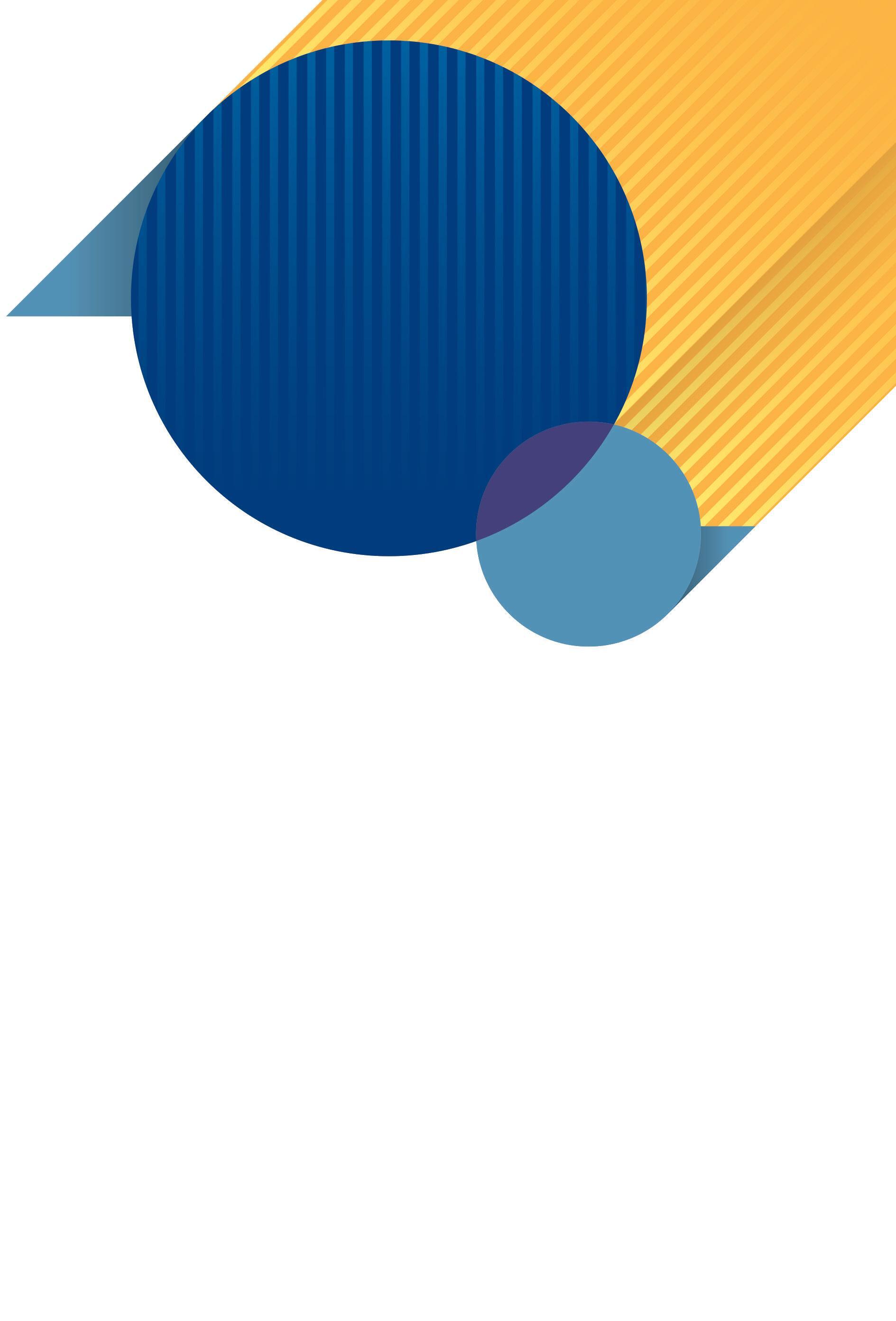
As senior members of the community, you are awarded the following privileges:
• Use of your own vehicle to commute to and from School with access to parking
• Permission to leave the school site at lunchtime.
• Use of Blue Cards to go off-site during Study Lessons.
• Use of mobile phones around school (except while eating in the Canopy.)
• Home study afternoons for Upper Sixth.
• A variety of organised events including trips, a Christmas Ball, Summer Ball and the Upper Sixth Leavers’ Day celebration.
The Study Room
Open all day, this space provides a quiet working environment for all students who are not in lessons. There is Wi-Fi access so that laptops can be used.
The Sixth Form Common Room
Café 6

Café 6 is open daily between 10:15am to 10:35am and 12:30pm to 1:45pm.
Art Studio
Sixth Form Art students have exclusive use of their own A Level Art Studio.
“I
loved being part of the Sixth Form community. The small class sizes are ideal for thorough, more effective and efficient learning. It also allows students to form good relationships with their teachers.”
Rahima, Leaver 2021
This is a facility for all Sixth Formers and provides a space for relaxing. It also is used as a function room for any Sixth Form events. The Common Room is open before school, during break, during lunch and after school.
For Sixth Formers who have chosen to study Biology, Chemistry or Physics, we have dedicated Sixth Form Laboratories.
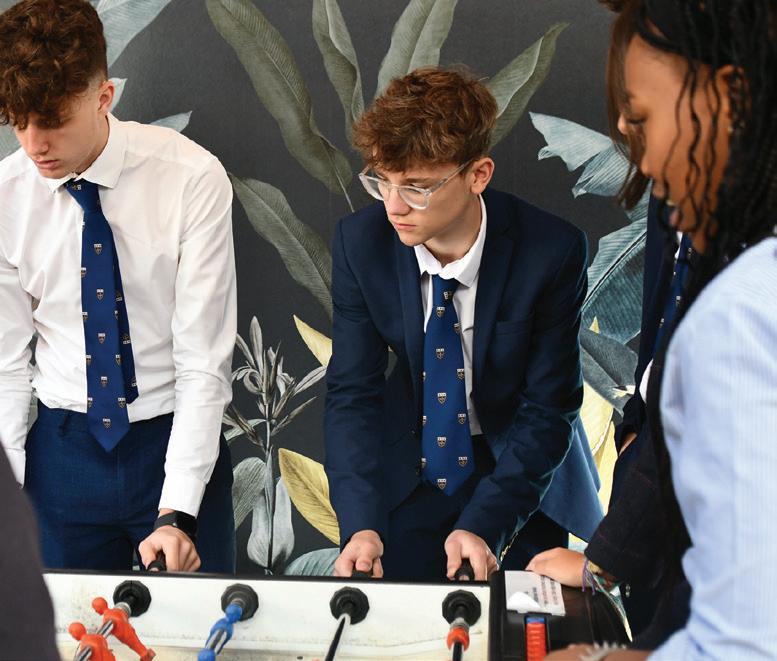
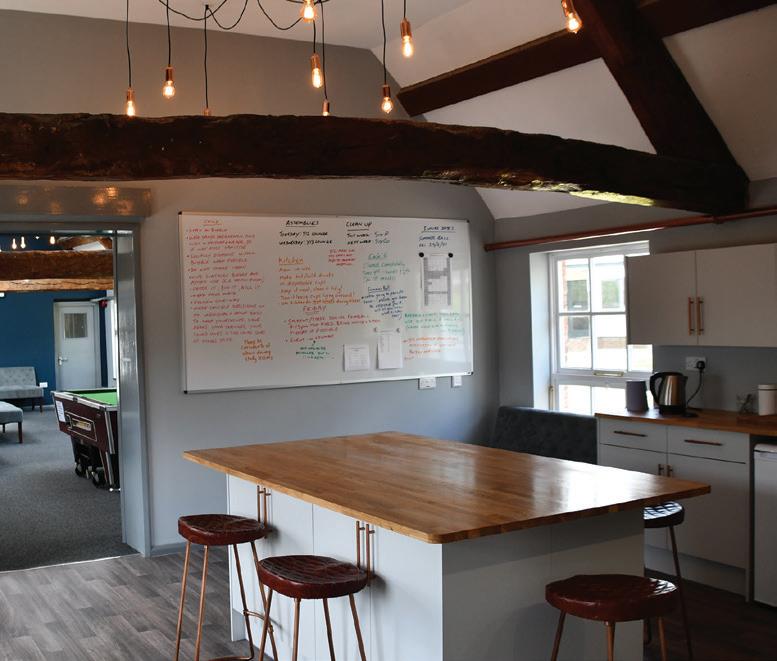
Our teachers are experts in their respective fields. Students will feel inspired and benefit from their specialist knowledge.
Smaller class sizes allow us to know, understand and support the individual needs of every student.
There is extra provision after school or during lunch for those seeking more teaching time and support.
Students with individual learning requirements are supported, ensuring that they have a fulfilling educational experience at St Edward’s. We recognise that a student of any intellectual level may have a specific learning need. We provide expert, sensitive support and teaching and have a sound track record in enabling such students to fulfil their potential.
Assessment Grades are reported half-termly providing information relating to progress, aspirational grades and learning behaviours. These are supplemented with written reports and Parents’ Evenings throughout the year. Students are encouraged to discuss their progress with any teacher at any time, with a more formal review meeting at the beginning of each half-term.
We are able to offer an exceptionally high level of individual attention which means we can really get to know, understand and support the individual needs of each and every one of our students.
Students are able to take English as an Additional Language (EAL) lessons to prepare them for the IELTS examination as well as to support their work in their main A level subjects.
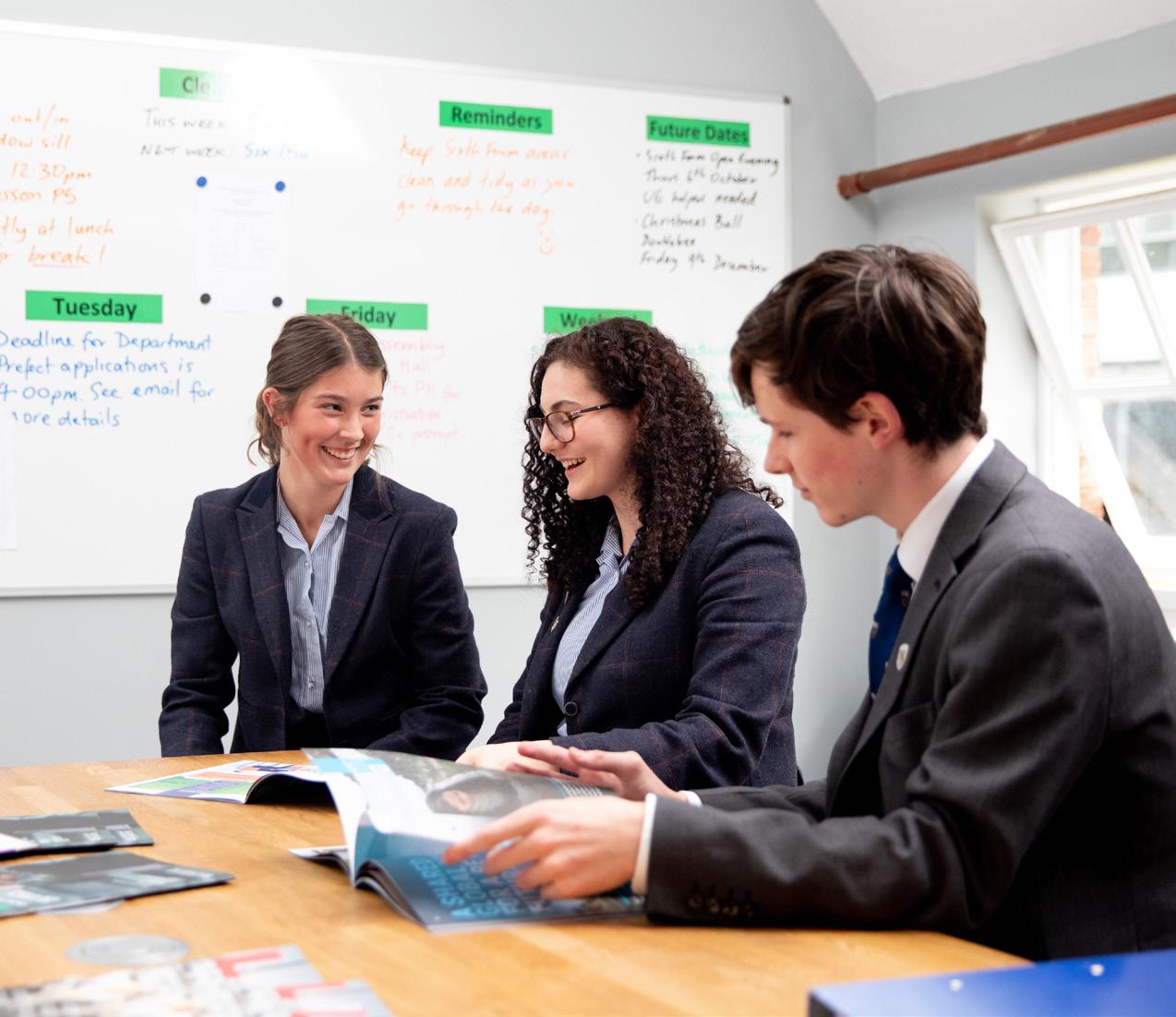
Outside the academic timetable, our Sixth Form students engage in a range of activities.
From CCF to Drama, sports teams to public speaking, St Edward’s offers a wide variety of extra-curricular activities. Sixth Formers often adopt leadership roles or even introduce some of their own clubs. Sixth Form student engagement makes a significant contribution to the cultural life of the School.
During the Spring Term, Lower Sixth students will undertake 10 hours of voluntary service. Students can choose to conduct these hours in the service our school community or in their local community. Previous students have used this opportunity to become subject mentors for younger pupils, others have volunteered in a charity shop or visited a nursing home. Our students find this opportunity a rewarding activity and helps to create or cement the idea of Christian service in their lives.
All Sixth Form students are considered, and should consider themselves, to be leaders in the School. As a School, we aim to develop leadership skills within our Sixth Form students. In Lower Sixth, students are able to apply for positions of responsibility as Department Prefects. In Upper Sixth positions such as Senior Prefect, House Captain and Charity Prefect roles are available. These positions require a formal interview process and selected candidates will be required to manage their responsibilities alongside their academic study. These are fulfilling roles with job descriptions and a mid-year appraisal carried out by a member of staff who acts as a Mentor.
Each Sixth Form student is placed in a Form Group which is composed of both Lower and Upper Sixth students. Each Form Group has a Form Tutor who, as well as undertaking administrative tasks such as the daily attendance register, is responsible for guiding and advising students in a general way. The work of the Form Tutor is supported by the Head of Sixth Form, as well as the Pastoral & Achievement Co-ordinator. The School also has a full-time Nurse, Counsellor and an on-site Wellbeing Nurse. The Wellbeing Nurse works closely with staff and teachers at School, offering one-to-one support to our students in a safe environment.

A full programme of Careers Education, Information, Advice and Guidance (CEIAG) is delivered to all Sixth Form students. The programme is led by the Careers Lead and UCAS Co-ordinator, with support from Form Tutors and the Head of Sixth Form. The programme of CEIAG covers a wide range of areas and pathways, catering for the individual needs of each Sixth Form student.
The Careers Lead is regularly available for Sixth Form students to discuss their thoughts and choices regarding what they want to do beyond Sixth Form. There is access to a broad range of information on these different pathways, as well as ICT packages to explore the opportunities available. The School has invested in Unifrog, an online platform that enables access to a broad range of career choices, as well as information on universities and different levels of apprenticeships. Students are able to access this information throughout the school day during study periods, break, lunch and after school.
CEIAG provision is also delivered via PSHE lessons and then followed up by the Careers Lead and the UCAS Co-ordinator during assemblies and tutor periods.
“The personal development of the pupils is an outstanding strength of the school... the school fulfils its aims to encourage pupils to take their place in the modern world with confidence.”
All Sixth Form students will register with UCAS (University and Colleges Admissions Service) at the end of the Summer Term in Lower Sixth There is a well-structured process for supporting students with university applications (both through UCAS and overseas) and emphasis is placed upon students to take control of their futures early on by being proactive and responsible for their own pathways. The UCAS Co-ordinator is regularly available to advise on university applications.

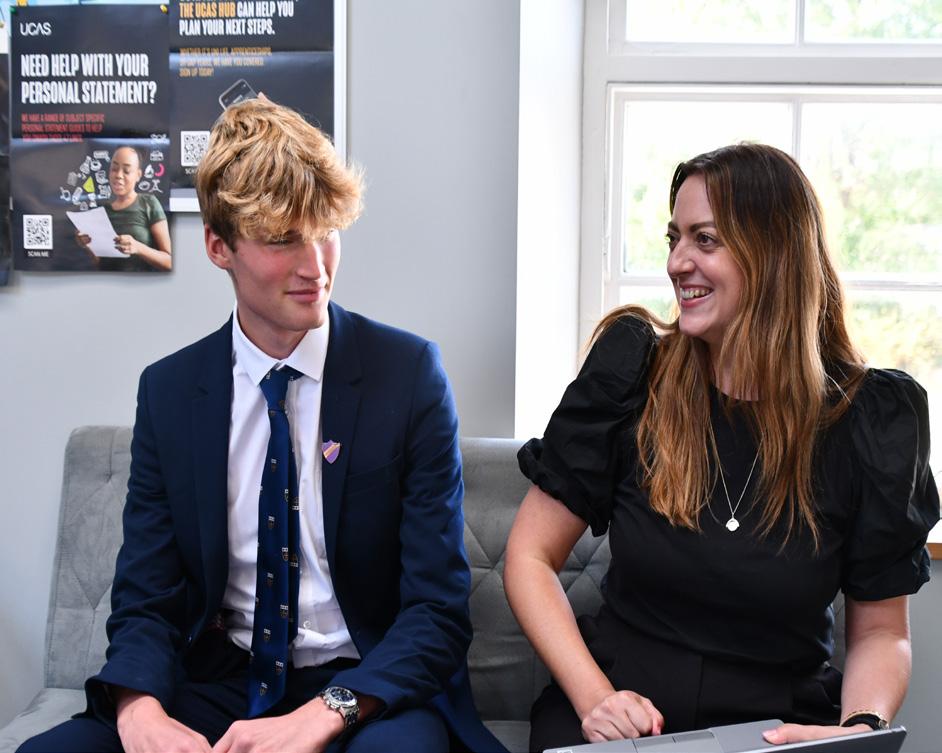
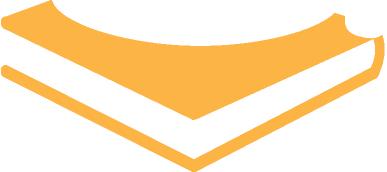
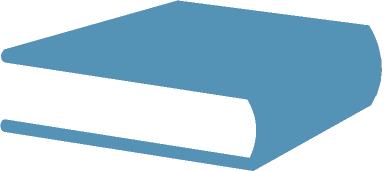
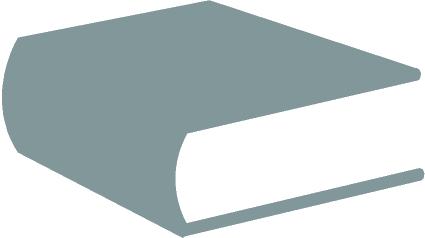
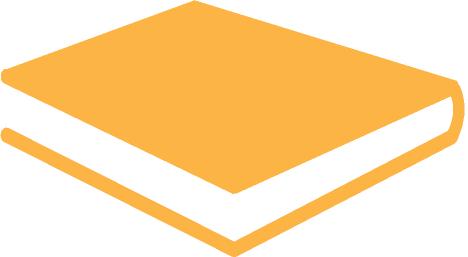
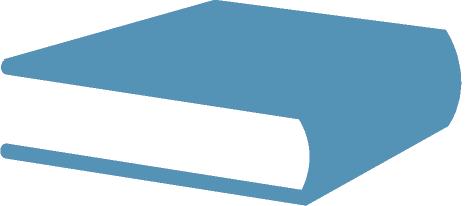
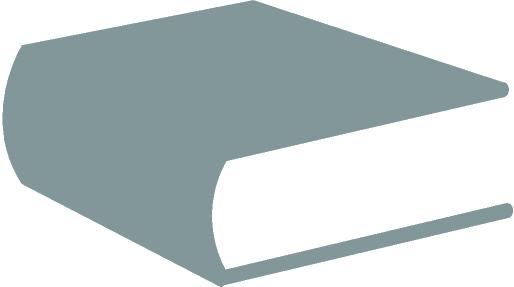
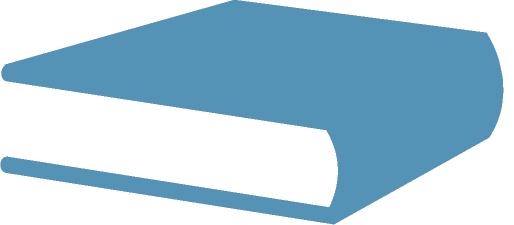
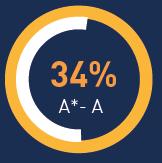
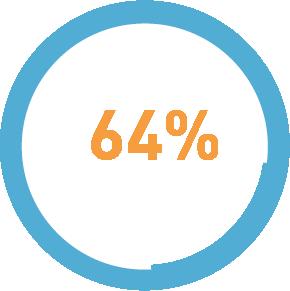
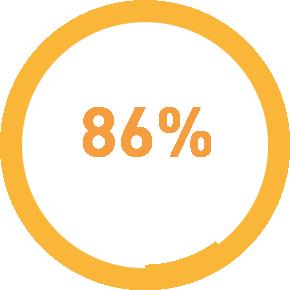
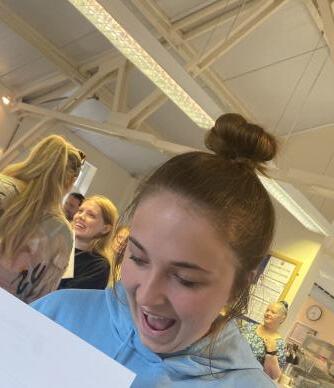
“I joined St Edward’s in Reception and continued all the way through to Year 13. Being an active member of school life granted me with many different opportunities such as, participating in choirs, school performances, captaining sports teams, CCF and completing the DofE Scheme.
During my time at St Edward’s I learnt that the more effort you put in, the greater the satisfaction at Mairead, Leaver 2022 the end of the journey. Being an invested member of the school’s CCF presented me with the possibility to represent Gloucestershire this past year as a Lord Lieutenant’s Cadet. At A Level I studied Drama, Religious Studies and English literature and am now attending Reading University to read Law. I believe that my time at St Edward’s has fully prepared me to tackle this new stage of my life.”
“I was St Edward’s from Kindergarten through to Sixth Form and I really enjoyed my time there. The teachers and the environment have shaped me as a person and prepared me for my next journey I particularly enjoyed my time studying Philosophy and Ethics, Biology and Geography I am now studying Philosophy and Politics at Exeter University.”

Samuel, Leaver 2023
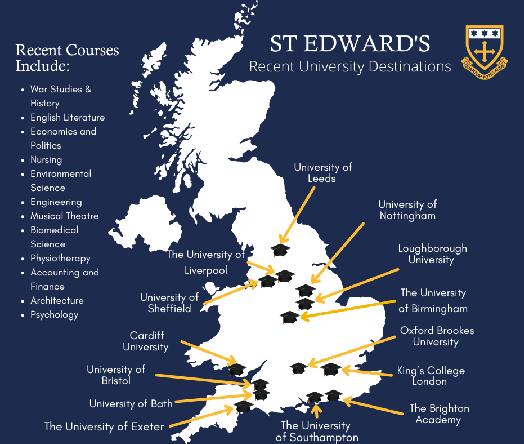
“I joined St Edward’s in Year 8 and I really loved my time there. I was very involved in Music and enjoyed being a member of Orchestra and a number of choirs. For A Level I studied Music, Spanish and History and am now at Cardiff University reading Music. I recently spent a year abroad at the College of William and Mary in Virigina. I would describe St Edward’s as caring, busy and inclusive!”


“I joined St Edward’s in Reception and stayed all the way until sixth form. The supportive and caring nature of the teachers in the school showed how significant empathy is as a characteristic and shaped me into the person I am today. At A levels I studied Maths, Economics, and Art. I am now going on to do architecture at Cardiff University. ”
I was at St Edward’s since kindergarten so the School entirely shaped me as a person. It is an amazing school that has supported me helped me develop my skills and my understanding at every step of my school life. For me personally, St Edward’s was keyin developing my interest in,engineering and computer science. I’m now at Gloucestershire College studying Electronic and Electrical engineering. Adam, Leaver 2023

Awarding body:
AQA (Specification Code 7037)
Entry requirements:
GCSE Geography grade 6 or above.
Topics covered:
Physical:
Water and Carbon Cycles; Coastal Systems and Landscapes; Hazards
Human:
Global Systems and Global Governance; Changing Places; Resource Security
What you’ll love about this course:
Awarding body:
AQA (Specification Code 7042)
Entry requirements:
GCSE History grade 7 or above. If you have not taken GCSE History you may still be considered depending on English/other Humanities results.
Topics covered:
Democracy and Nazism: Germany 1918-1945
The Tudors: England 1485-1603 NEA Coursework: Black American Civil Rights
What you’ll love about this course:
“History lessons are so fun and inspiring. I love learning about the past and how people used to live”
Freya (Leaver 2023)
You’ll dive into the science and stories behind questions like: How could a volcanic eruption lead us into an ice age? Why do Wimbledon’s tennis balls travel over 50,000 miles before their first serve? And why will water likely be the major cause of future wars?
Prepare to become a well-informed global citizen, ready to tackle the challenges of the 21st century!
Potential career options:
Civil Engineering, Climate Change Analyst, Diplomacy, Education, Environmental Consultancy, Geologist, International Charity/Aid, Meteorology, Tourism and Town Planning.
You will gain a thorough understanding of significant historical events, the role of individuals and change over time. You will gain a deeper understanding of the past through political, social, economic and cultural perspectives. You will have the opportunity to enhance your independent research skills through the coursework element of the course, engaging with current historical debates and analysing important primary sources.
Potential career options:
Law, Journalism, Politics, Civil Service. Students of History are often cited as being the most employable and in demand graduates once they leave University, due to the vast number of transferable skills the subject develops.
Awarding body:
Edexcel (Specification Code 9PLO)
Entry requirements:
GCSE English Language grade 6 or above (or an essay subject such as History).
Topics covered:
Government and Politics of the UK; Government and Politics of the USA and Comparative politics; Political ideas.
What you’ll love about this course:
This is a lively and engaging subject that will captivate anyone who wishes to understand the society in which we live, and of other nations, such as the USA. You will tackle big issues, such as the changing power of Presidents and Prime Ministers, the role of pressure groups in politics and the impact of money on elections in the UK/ USA. Skills in analysis, evaluation, debate and formulating credible and substantiated arguments will also be developed throughout the course.
Potential career options:
Local Government, National Government, The Civil Service, Law, Journalism, Education and Research.
Philosophy of Religion; Religious Ethics; Development of Christian thought.
Awarding body:
OCR (Specification Code H573)
Entry requirements:
GCSE RS grade 6 or above and GCSE English grade 6 or above.
Topics covered:
The nature of reality, good and humanity. Traditional philosophical thought including reasons for and against belief in God. Models of living the ‘good life’ and exploration of some modern ethical issues. The state of the person and role of humans in the modern world.
Gaining an awareness of how philosophy and ethics can shape modern society. You will engage in debate and open thinking, you’ll explore the ‘meta’, (questions behind the questions). You will also develop an understanding of social, moral, spiritual and cultural values.
Potential career options:
The Legal world, especially Law, Caring Professions, Advertising, News, Current Affairs, Media and Communications. Theology and its related subjects are amongst the fastest growing choices for undergraduate studies and are highly respected in the world of employment.
“I love studying RS because it helps me open the doors of my mind to question the world we live in, and as Socrates said, “The unexamined life is not worth living”.
Dan (Leaver 2024)
Awarding body:
Edexcel (Specification Code 9BS0)
Entry requirements:
GCSE English Language grade 6 or above (or an essay subject such as History), and GCSE Mathematics grade 6 or above.
Topics covered:
Marketing, people and global business, business activities, decisions and strategy, investigating business in a competitive environment.
What you’ll love about this course:
Awarding body:
Edexcel (Specification Code 9ECO)
Entry requirements:
GCSE English Language grade 6 or above (or an essay subject such as History) and GCSE Mathematics grade 6 or above.
Topics covered:
The operation of markets and market failure; business efficiency; the national economy in a global context; developing economies and emerging markets.
What you’ll love about this course:
“Business is so useful especially if you like Art, Design and other practical subjects. It will help me run my own business, I’m sure of that!”
Henry (Leaver Upper SIxth)
Perfect if you have aspirations of becoming self-employed or in a managerial position, working in marketing, human resources, production or finance. It will give you the tools and information required to understand how businesses are created, managed and become successful. A Level Business looks impressive to an employer as it shows you understand how a business works, and you will develop your quantitative (numerical) and qualitative (judgemental) skills.
Potential career options:
Management, Marketing, Finance, Accountancy, Banking, Retail, Manufacturing and local or national government.
Studying Economics offers a unique insight into how the world works and will help you to understand many of the big questions facing people today including: what are the economic consequences of leaving the European Union, how will the UK be affected by an extended period of low, global growth, how can industry tackle global warming, effects of changes in taxes and subsidies, how to handle government debt, and how can problems of poverty and inequality be addressed.
Potential career options:
Large corporations, Banks, Government, Marketing, Law, Journalism and Education.
Awarding body:
AQA (Specification Code 7517)
Entry requirements:
GCSE English and Mathematics grade 6 or above.
Topics covered: Principles of Computer Science; Fundamentals of Computer Systems; IT Systems Security and Encryption, Computer Programming, Problem Solving, Data Storage and Processing.
What you’ll love about this course: Programming skills are a constant theme, assessed in one of the two papers and through a second year computer systems project – for example, a sports monitoring system, car sharing website and app, a simulation or robotics project. There are also opportunities to learn about how computers work and to investigate developments in computer science.
Potential career options: Web Development, App Development, Computer Programming, Games Development and careers in ICT. There is significant local investment in cyber and security businesses and there are consequently many opportunities to develop a career or enterprise in this field.
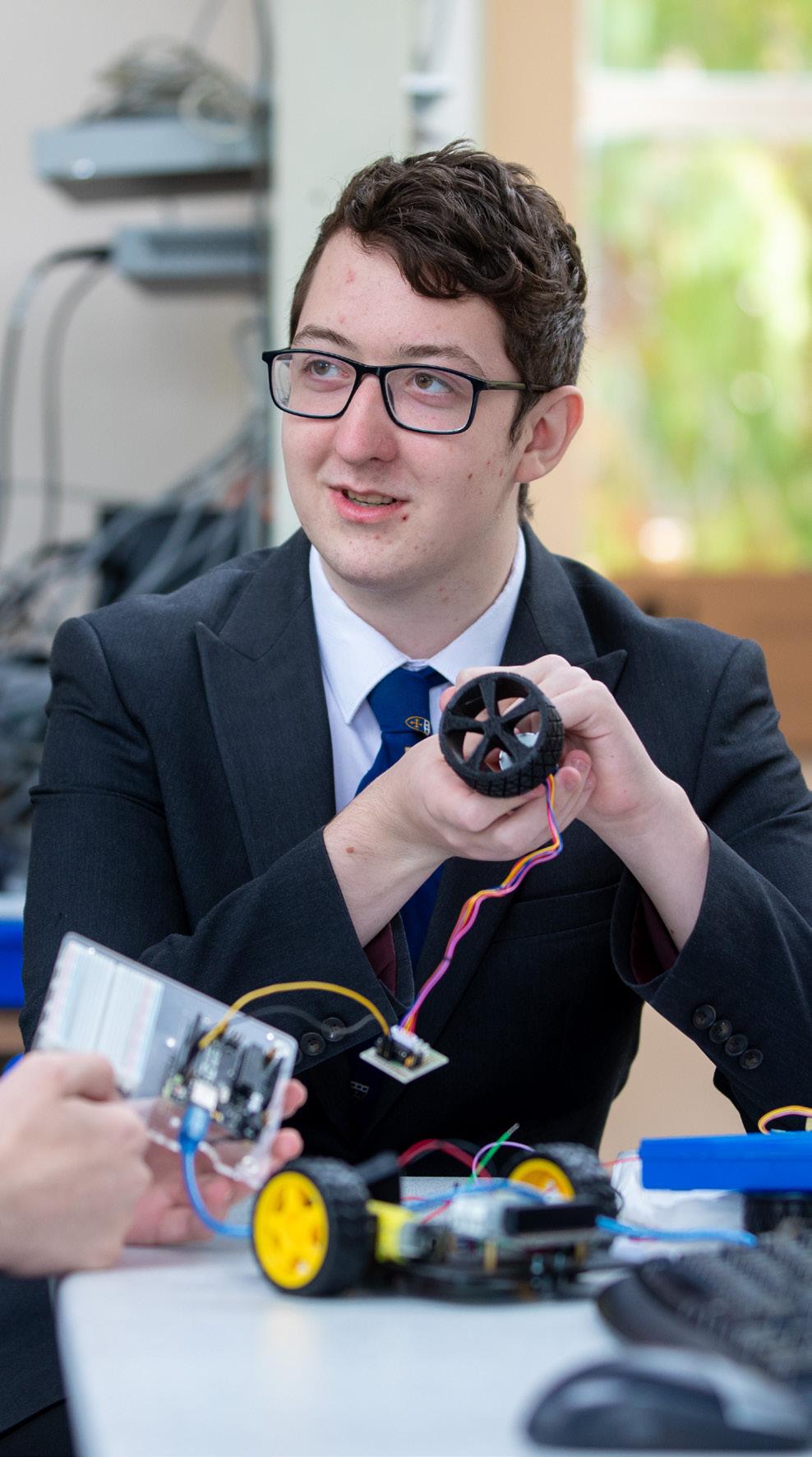

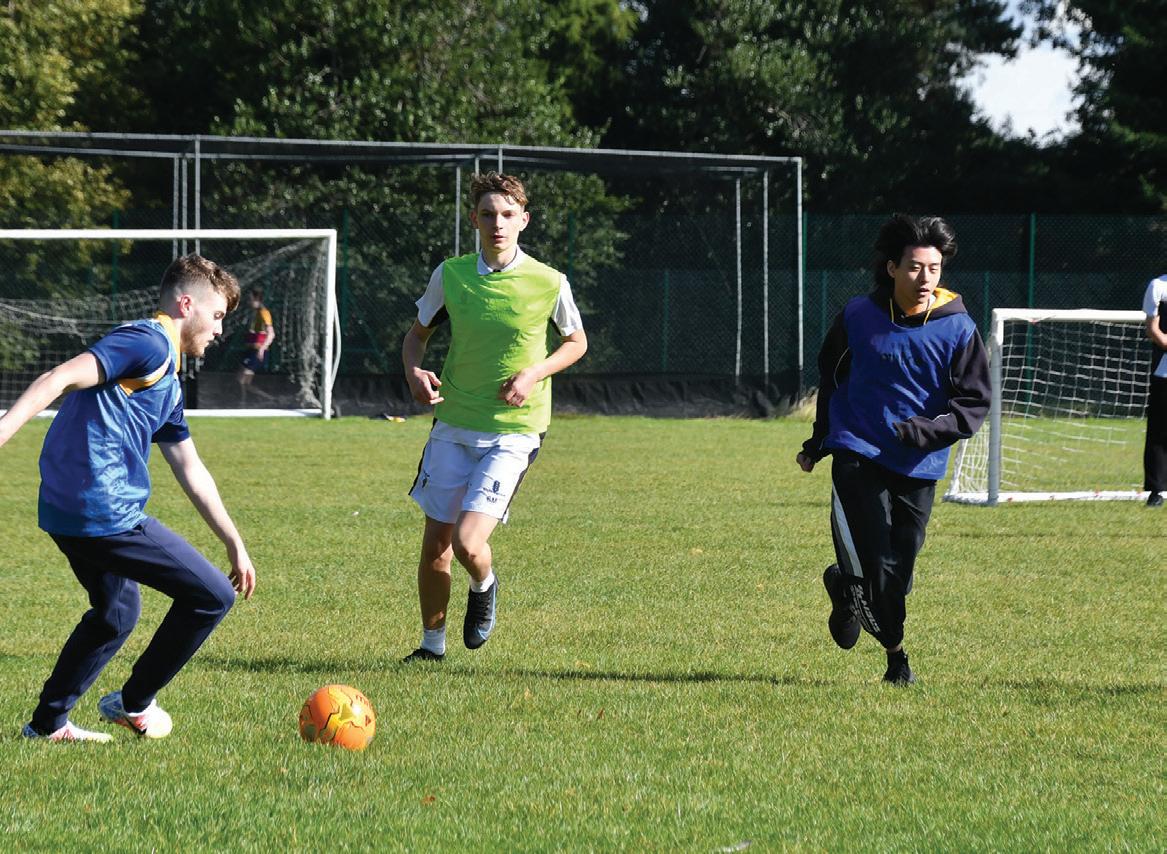
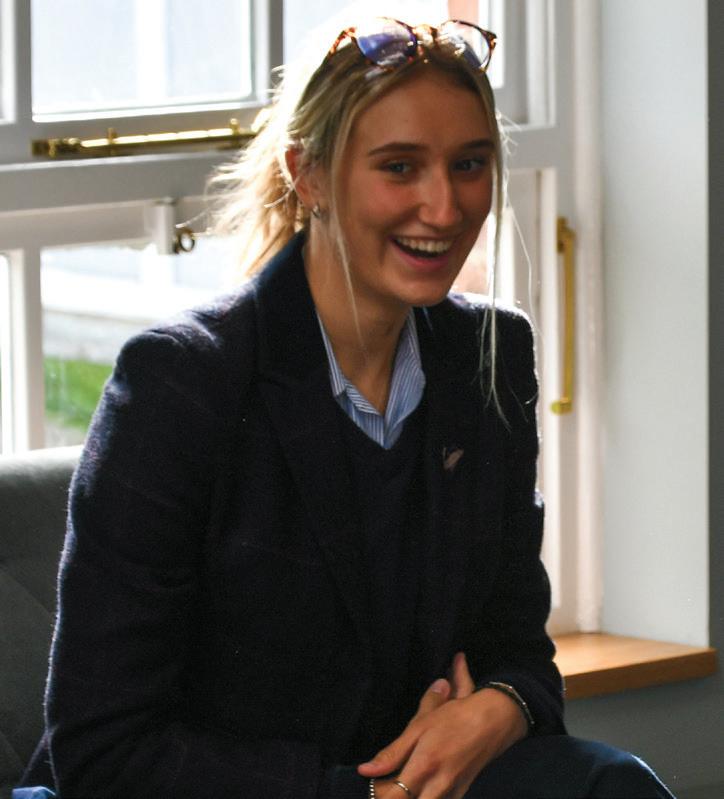
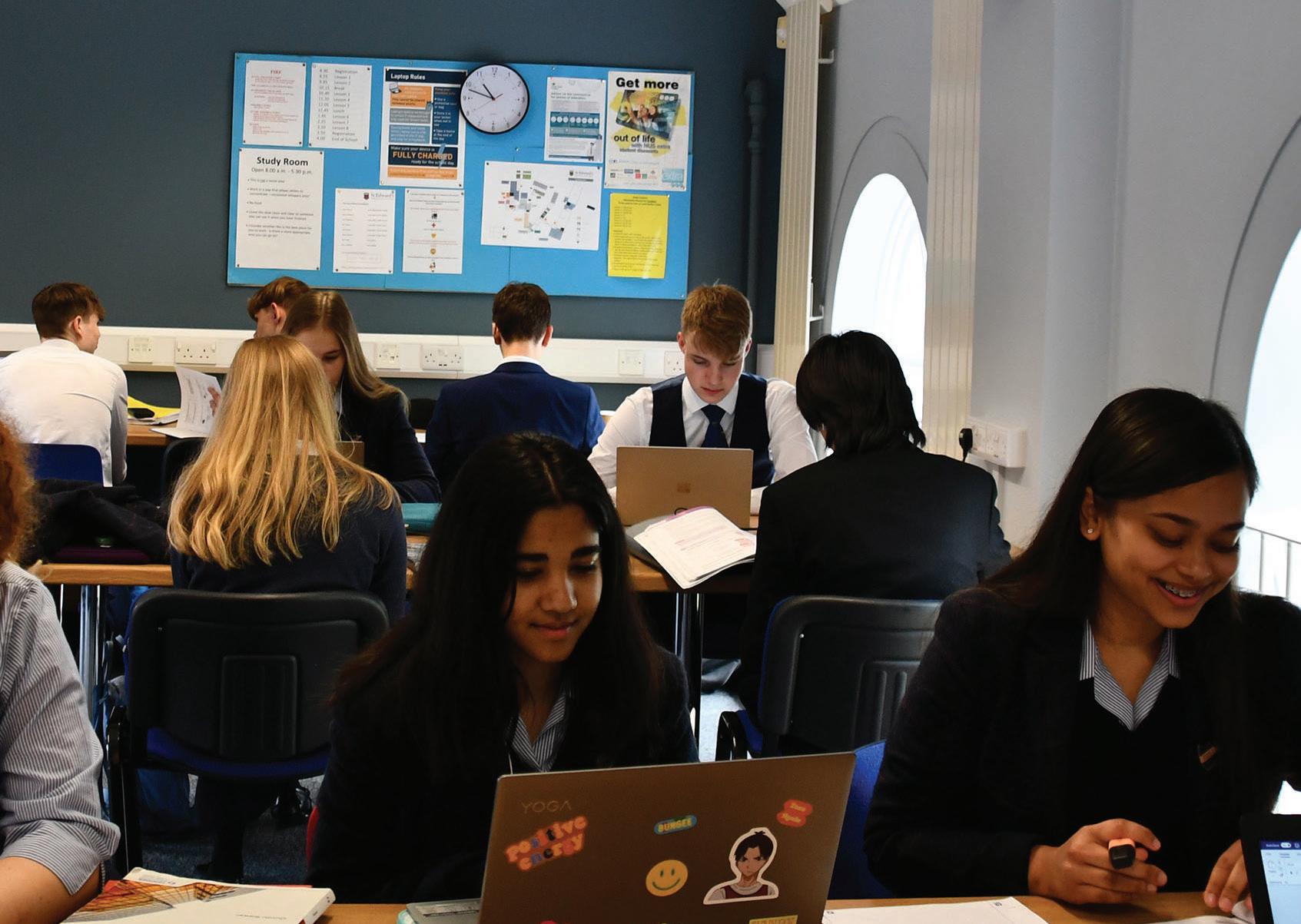

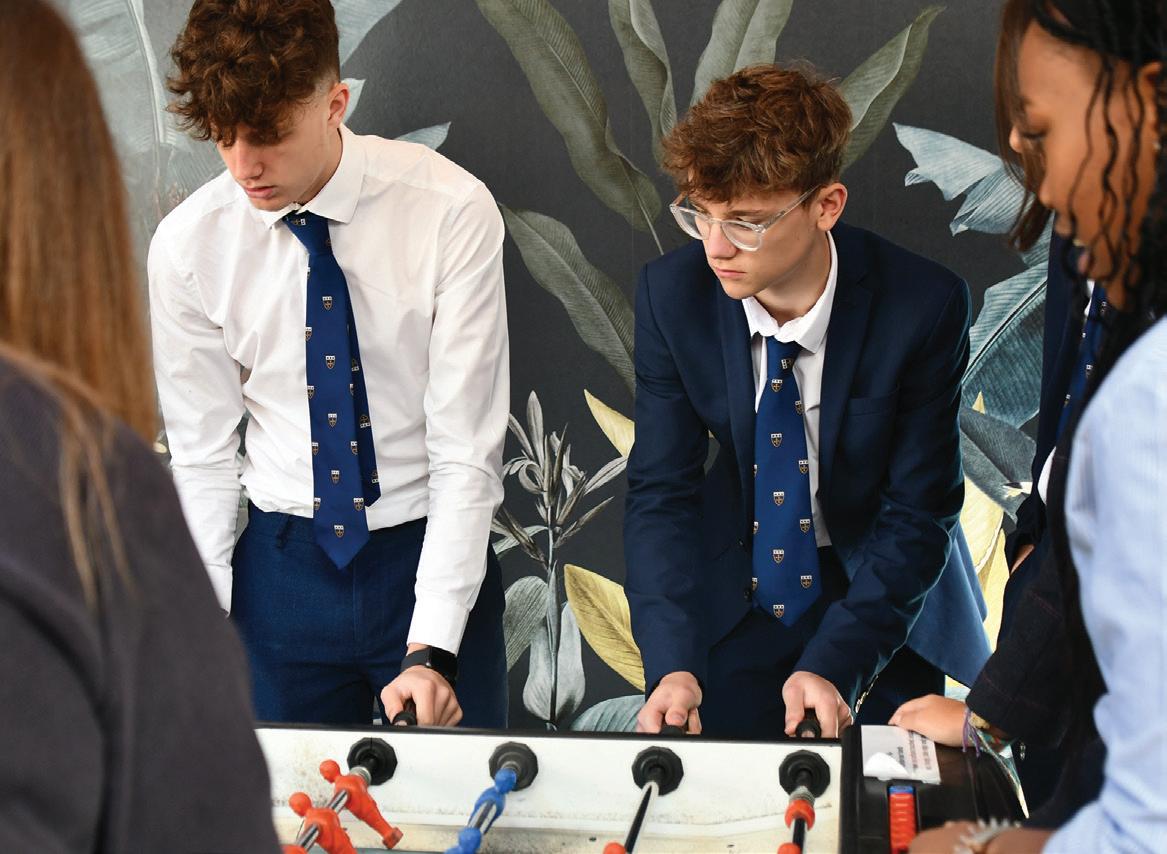
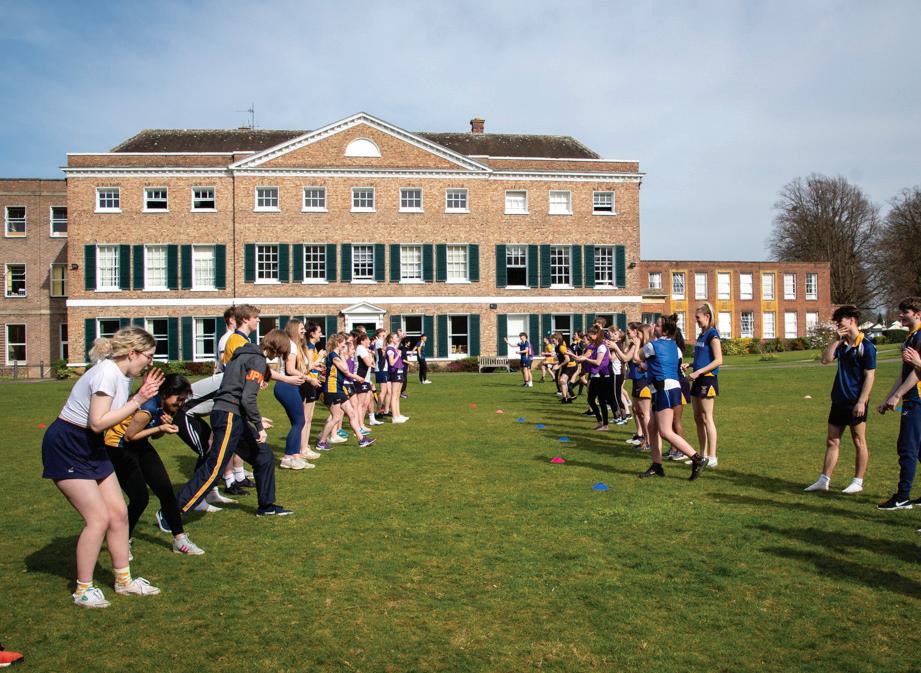
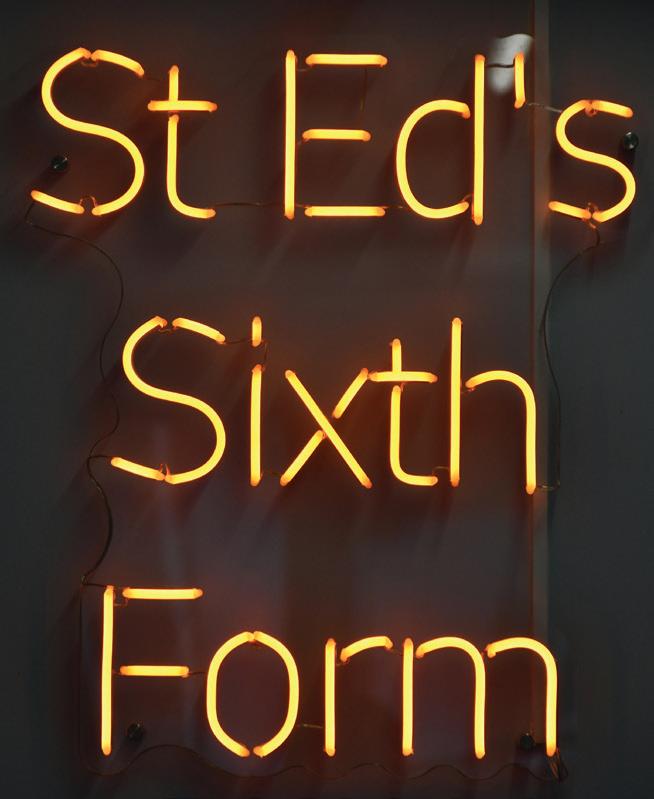
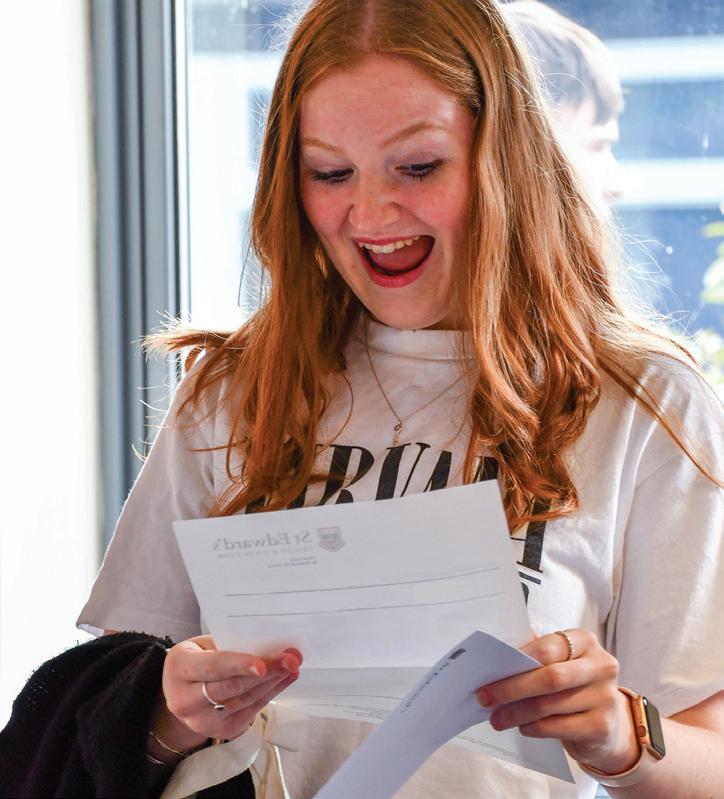
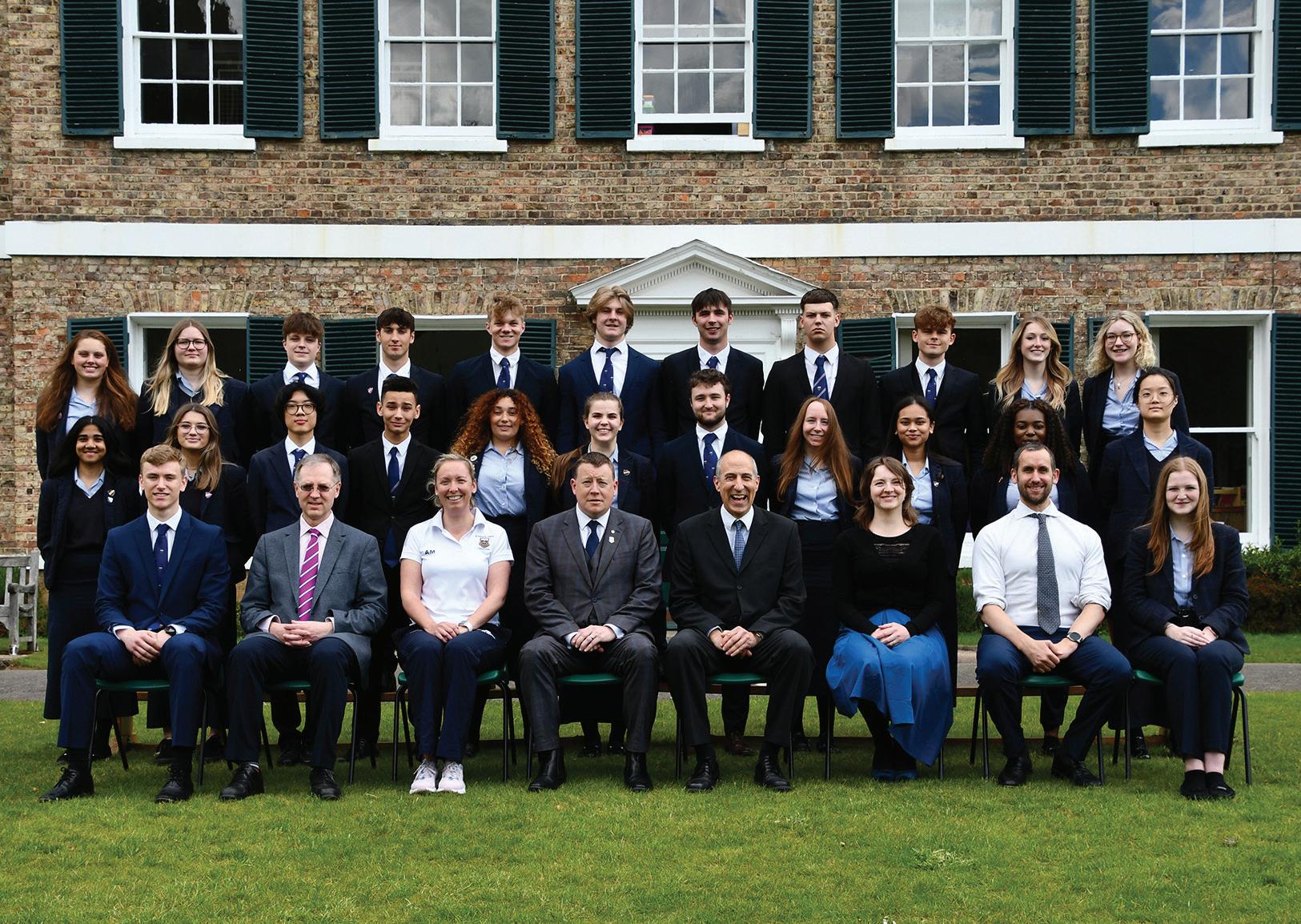
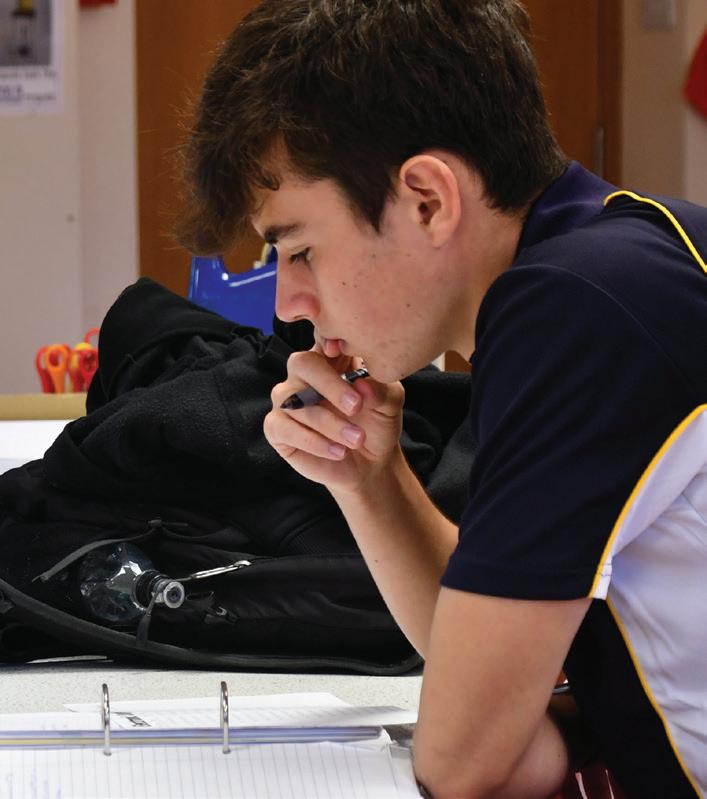

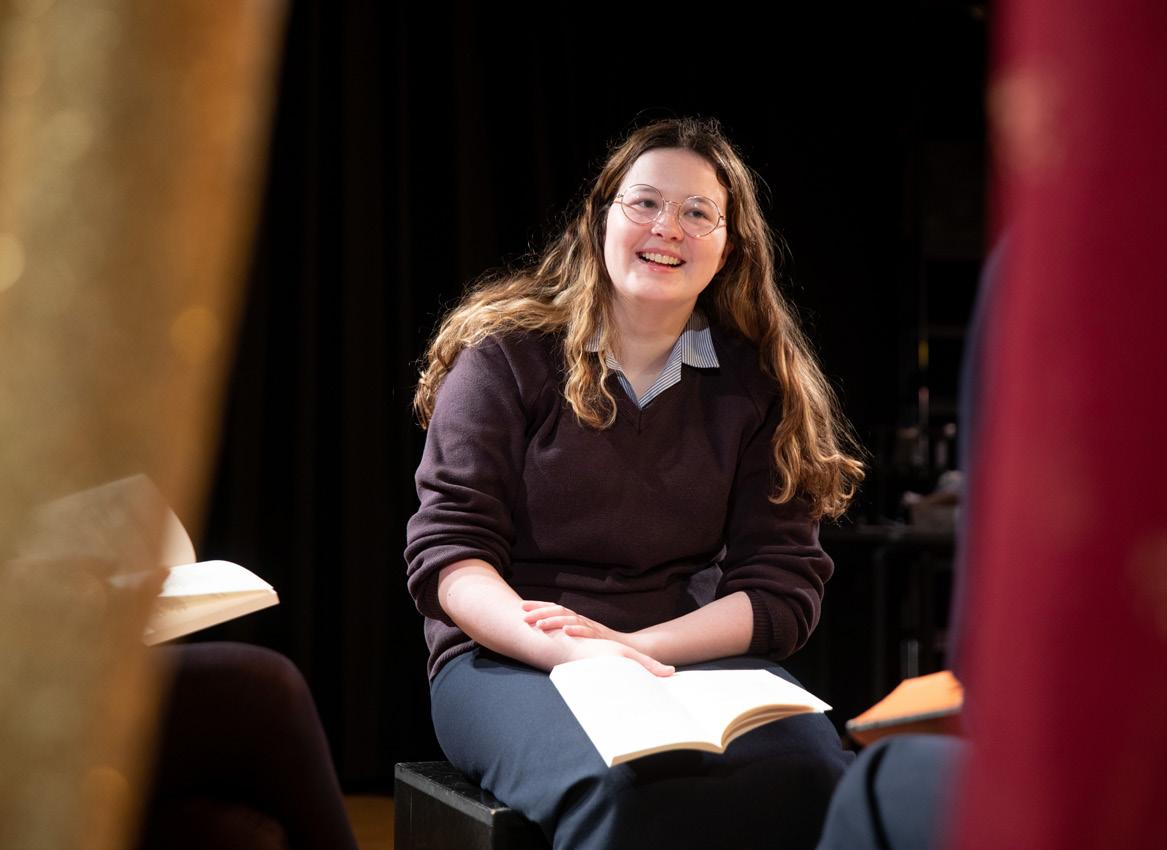
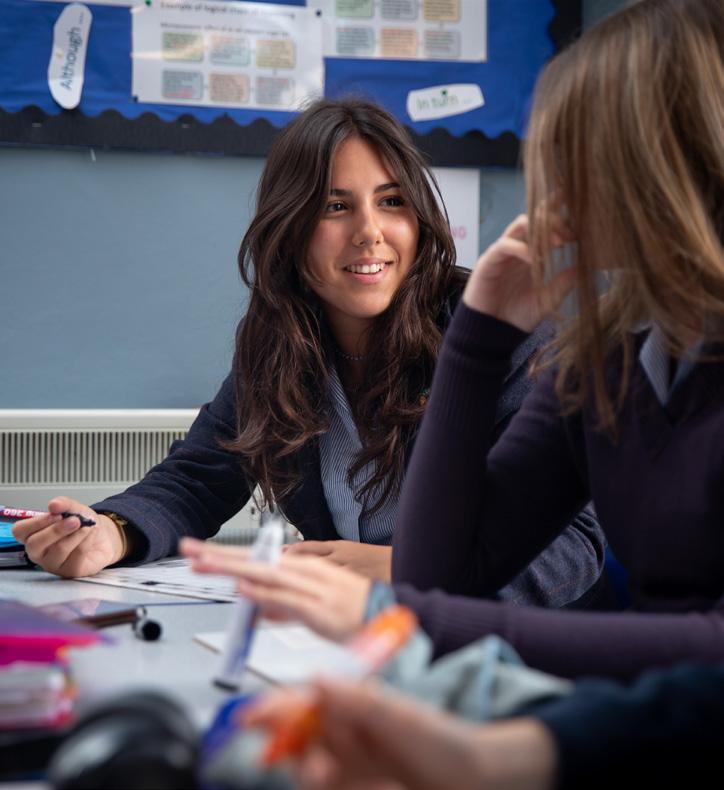
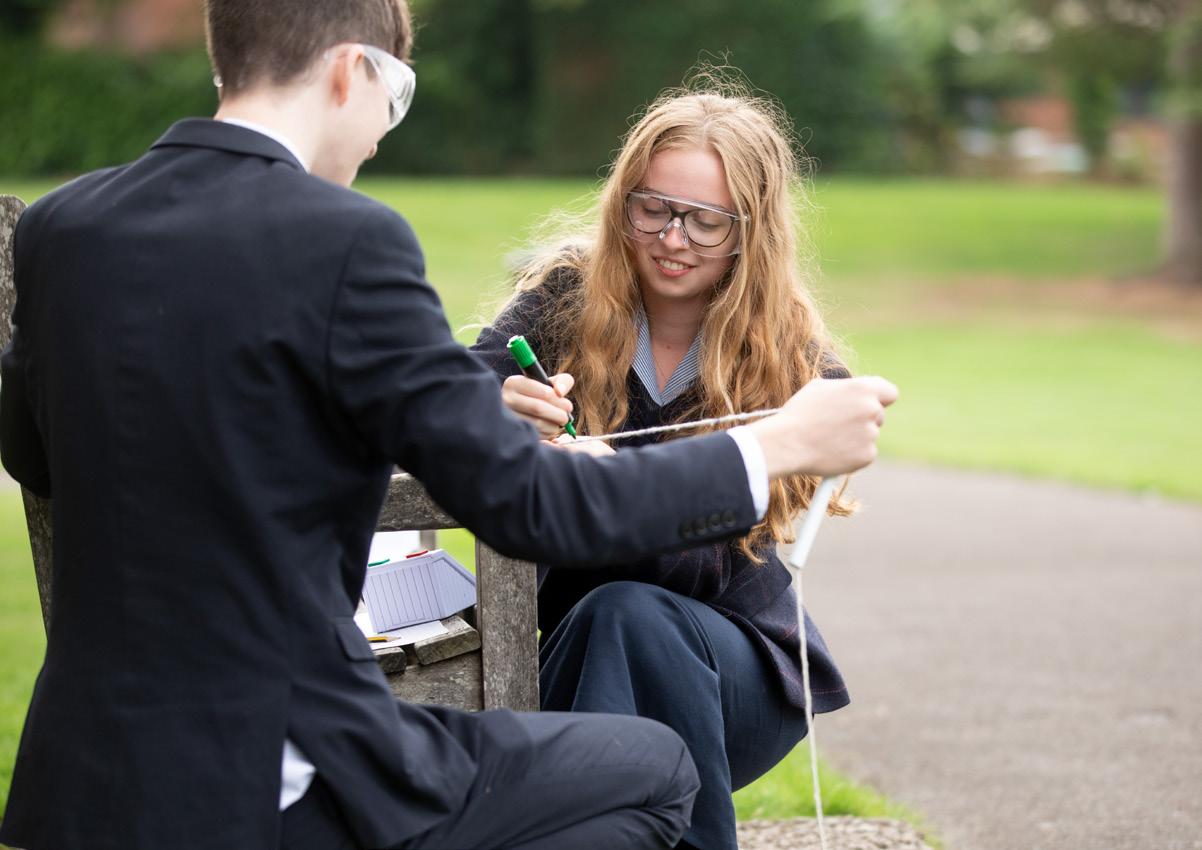

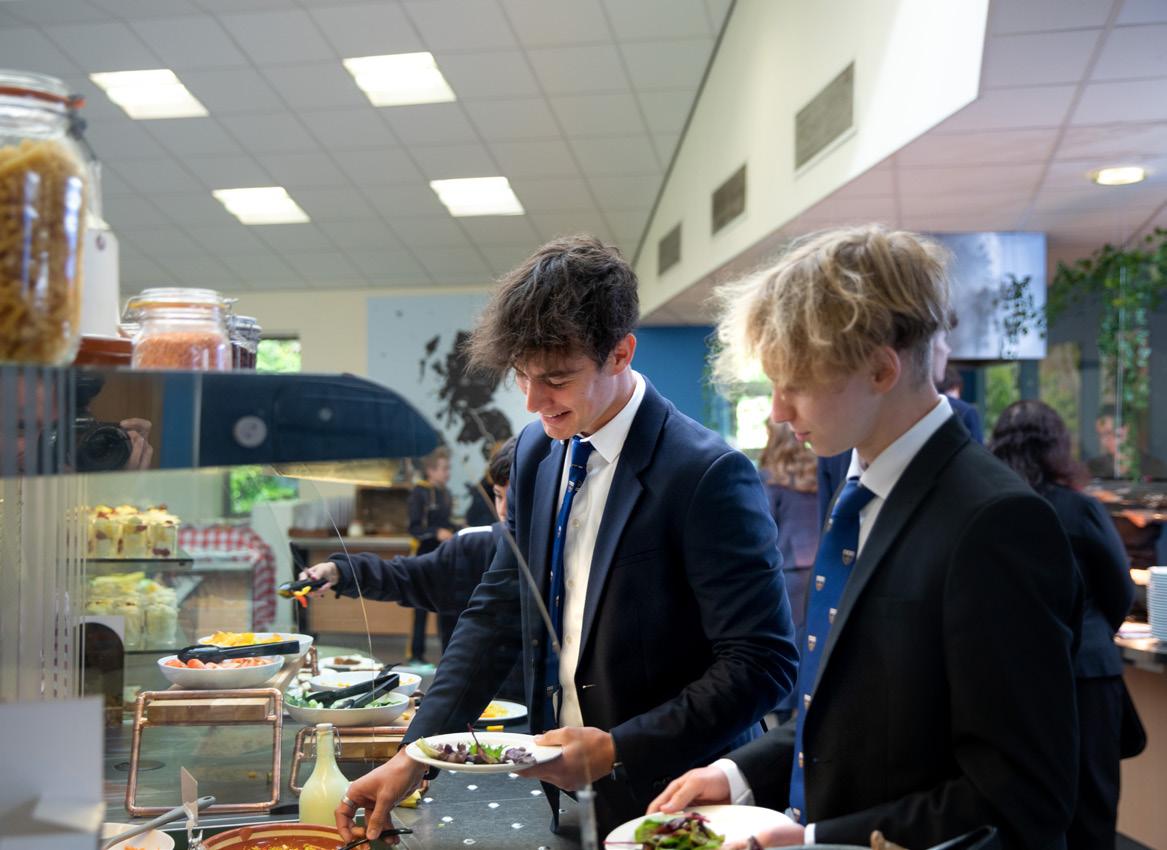


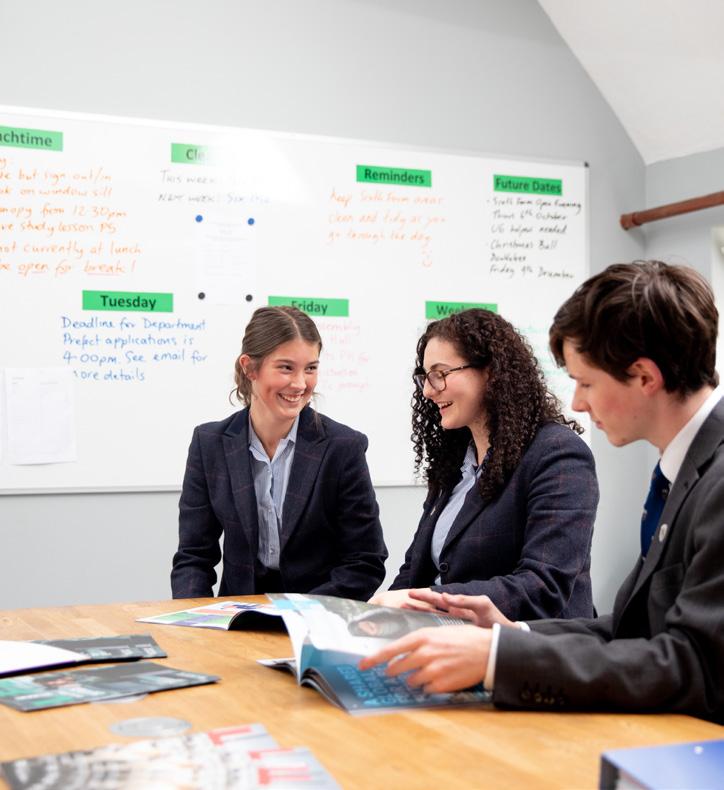

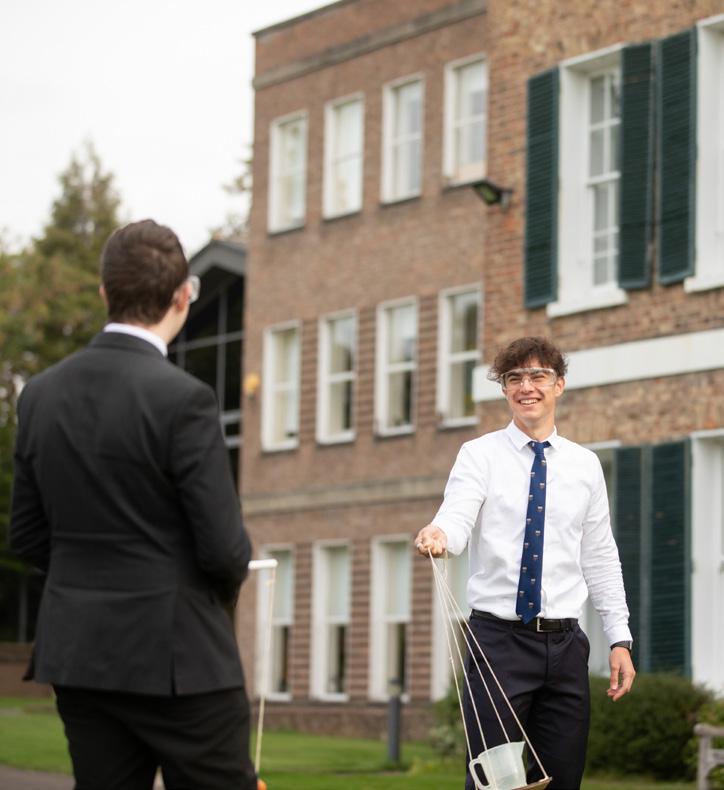
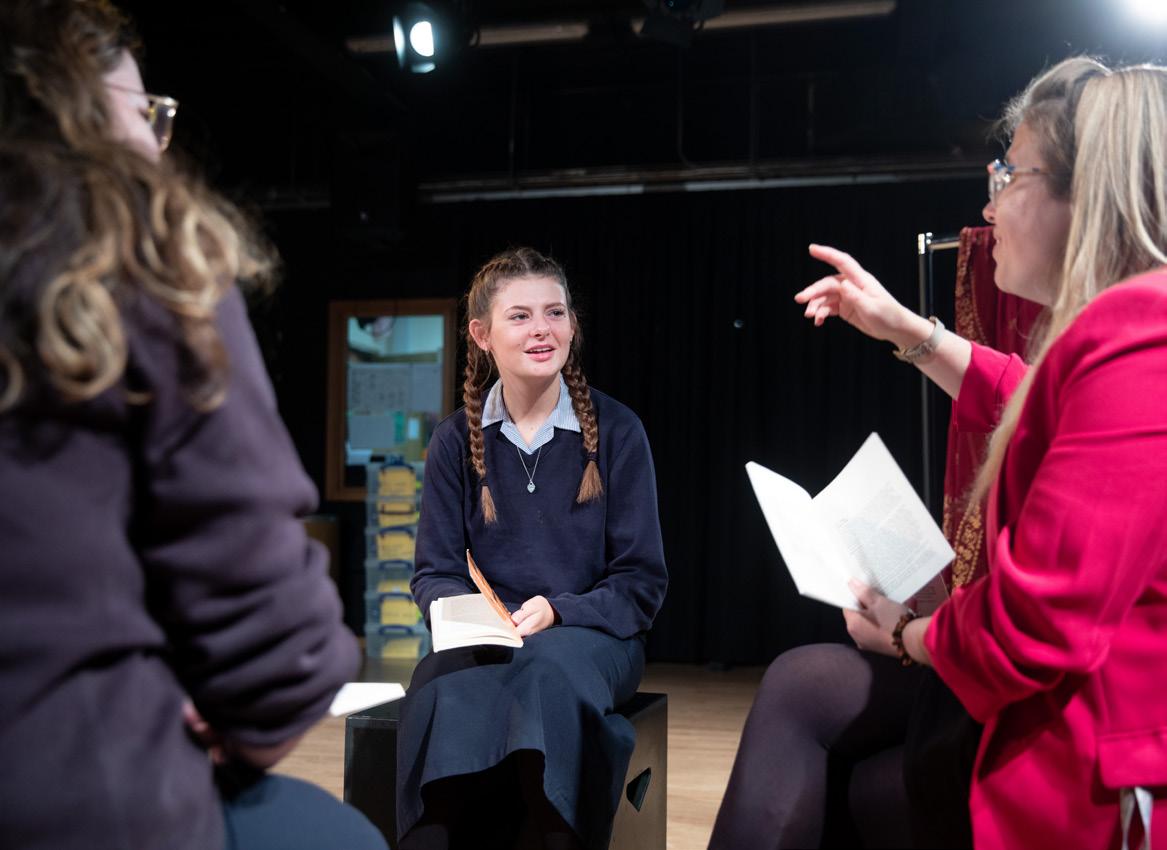
“English is so important . Understanding language and how it has changed over time reveals things about the past, and is really helpful for the future”
Charlie (Upper Sixth)
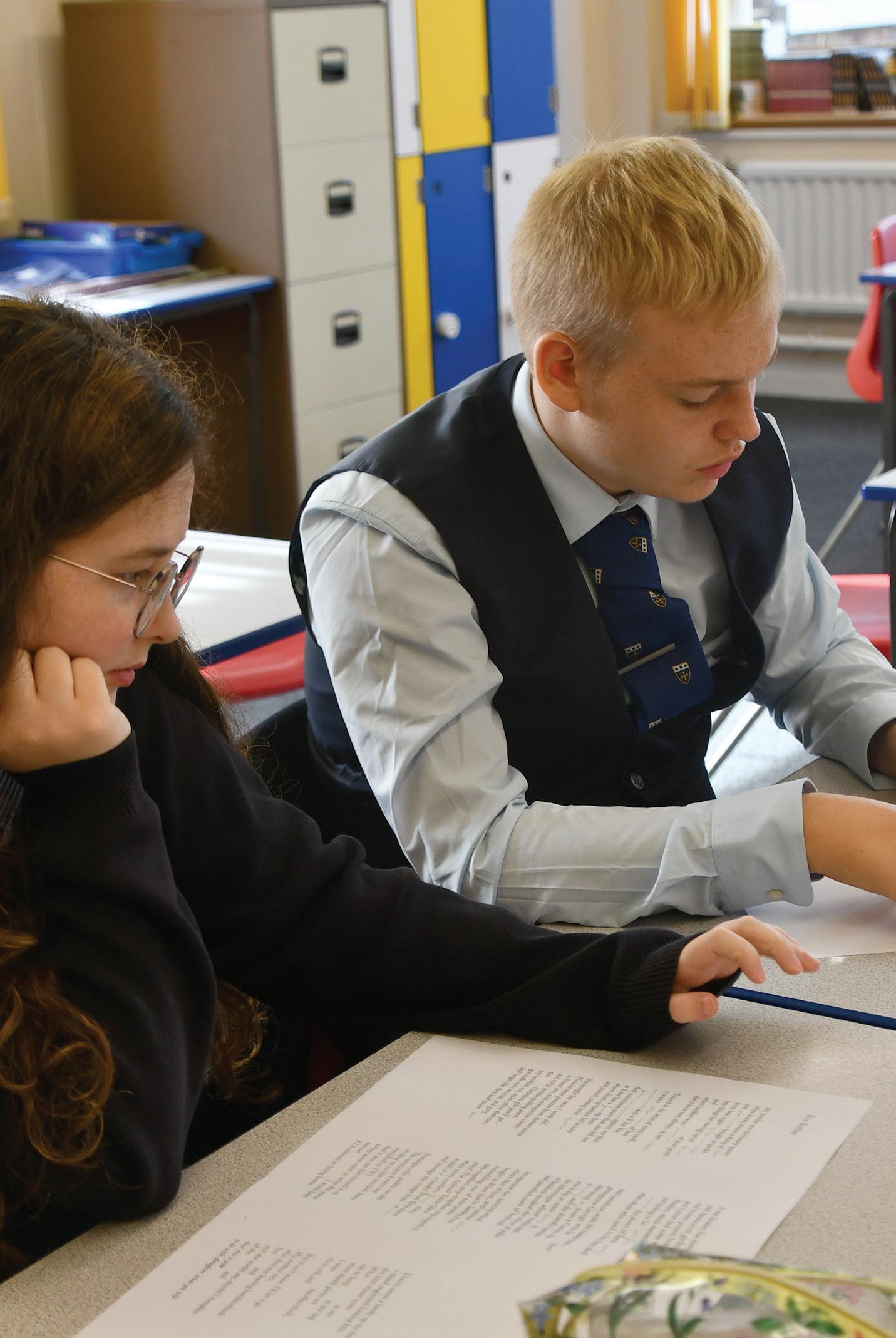
Awarding body:
Edexcel (Specification Code 9ET0)
Entry requirements:
GCSE English Language grade 6 or above and
GCSE English Literature grade 6 or above.
Topics covered:
Poetry, Prose and Drama from the 17th century to the present day.
What you’ll love about this course:
The study of English Literature promotes self-knowledge and an informed understanding of the world. You will be encouraged to read a wide range of texts and to appreciate and enjoy them; you will be taught the higher skills of critical appreciation which are prized in the academic world beyond school; you will be invited to articulate and develop your own responses to the texts and ideas you encounter; you will be taken to the theatre and encouraged to experience a wide range of artistic media including film, television and music. Expect to be stimulated, surprised and occasionally shocked.
Potential career options:
Law, Journalism, Media, Theatre and Film, Philosophy, Economics and Politics, History, Business, Education and the Arts.
Awarding body:
OCR (Specification Code H408)
Entry requirements:
The GCSE courses in Classical Civilisation or Latin would provide the most suitable foundation, although they are not required. The study of Art & Design, History and English also provide a useful basis.
Topics covered:
The World of the Hero (Homer’s ‘Odyssey’ and Virgil’s ‘Aeneid’); Culture and the Arts (Greek Theatre); Beliefs and Ideas (Roman Politics).
What you’ll love about this course:
The depth of subject choice included within its parameters including Archaeology, Architecture, Art, History and Politics, Literature and Philosophy.
Potential career options:
The multi-talented nature of a Classical Civilisation student opens up a wide range of employment options including Business, Law, Civil Service and Education.
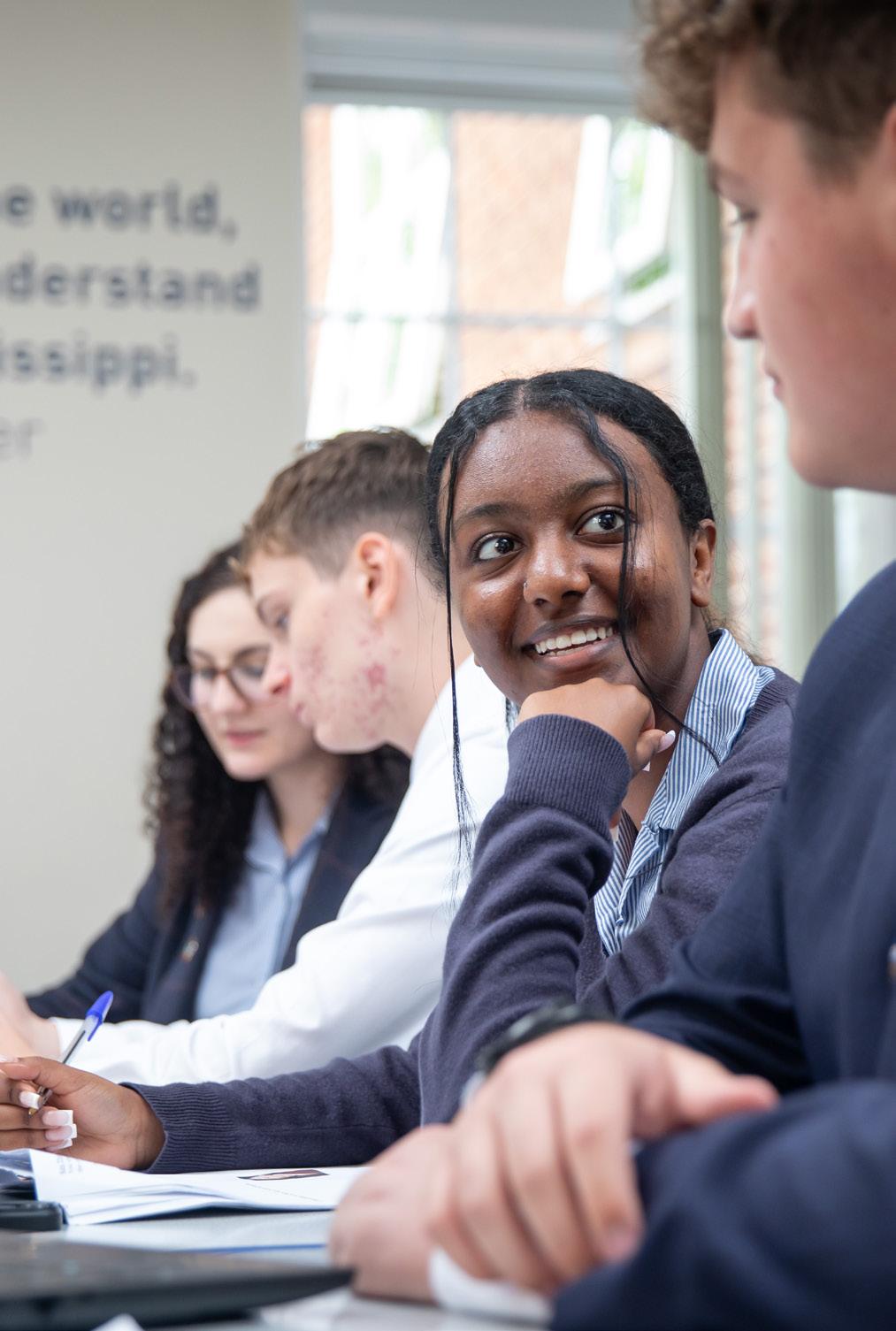

“Classical Civilisation introduces you to many new and interesting stories, whether it be about ancient Greek myths and legends or real historical facts.”
Konrad (Lower Sixth)

“I chose to study A-level maths as it is rewarding due to its challenging questions “
Dan (Upper Sixth)
Awarding body:
Edexcel (Specification Code 9MA0)
Entry requirements:
If a student has not managed to achieve at least a grade 7 at IGCSE/GCSE they will find the course extremely challenging.
Topics covered:
Pure mathematics - proof, algebra, trigonometry, calculus and vectors; Statistics – including analysis of data, interpretation of graphs, distributions and hypothesis testing; Mechanics – the modelling of the world around us, the motion of objects and the forces acting on them
What you’ll love about this course:
Discovering the real-life applications of mathematics. Learning how to use statistical analysis to interpret the numbers, equations and algorithms that surround us, especially in this age of data science. Getting to grips with Pure Mathematics – the fundamentals that are so relevant to other fields of study. Mechanics –modelling of systems, describing the motion of objects and calculating the forces upon them.
Potential career options:
Civil Engineering, Finance, Statistics, Quantity Surveying, Criminology, Investment analysis, Software development and Stockbroker.
Awarding body:
Edexcel (Specification Code 9FM0)
Entry requirements:
If a student has not managed to achieve a grade 9 at IGCSE/GCSE they will find the course extremely challenging.
Topics covered:
Pure mathematics – complex numbers, matrices and hyperbolic functions as well as further extending the study of A level Pure topics; Further Mechanics – further development of forces and motion to the consideration of energy, strings and springs as well as in depth study of collisions; Discrete/Decision Maths –developing an understanding of algorithms and networks, optimisation – finding efficient solutions to real-life problems.
What you’ll love about this course:
The opportunity to further extend your range of mathematical knowledge, skills and techniques, using them to solve more difficult problems.
Potential career options:
Engineering, Finance & Banking, Data Science, Medicine & Health, Statistics, and Natural and Life Sciences. Mathematics students can explore a wide range of opportunities and career pathways.
Awarding body:
Edexcel (Specification Code 9FR0)
Entry requirements:
GCSE French grade 7 or above.
Topics covered:
Social Issues and Trends; Artistic Culture; Political Culture; Immigration and French Multicultural Society; the Occupation and the Resistance.
What you’ll love about this course:
Very inspiring and engaging themes, increasing your linguistic ability, the chance to use your French more, the opportunity to go abroad, having creativity rewarded, learning about French-speaking cultures. We also study ‘l’Étranger’ by Albert Camus and the popular film, ‘Les Intouchables’.
Potential career options:
Law, Marketing, Translation, ICT, Business, Media and any careers that involve working abroad.
Awarding body:
Edexcel (Specification Code 9SPO)
Entry requirements:
GCSE Spanish grade 7 or above.
Topics covered:
Social Issues and Trends; Artistic Culture; Political Culture; Immigration and Spanish Multicultural Society; the Franco Dictatorship and the Transition to Democracy.
What you’ll love about this course:
Very inspiring and engaging themes, increasing your linguistic ability, the chance to use your Spanish more, the opportunity to go abroad, having creativity rewarded, learning about Spanish-speaking cultures. We also study ‘La Casa de Bernarda Alba’ and the classic film ‘La Lengua de las Mariposas’.
Potential career options:
Law, Marketing, Translation, ICT, Business, Media and any careers that involve working abroad.
“I enjoy French because it’s so useful and it’s important to learn another language. Learning grammar, in particular, helps you appreciate how it’s used in all languages.”
Jimmy (Upper Sixth)
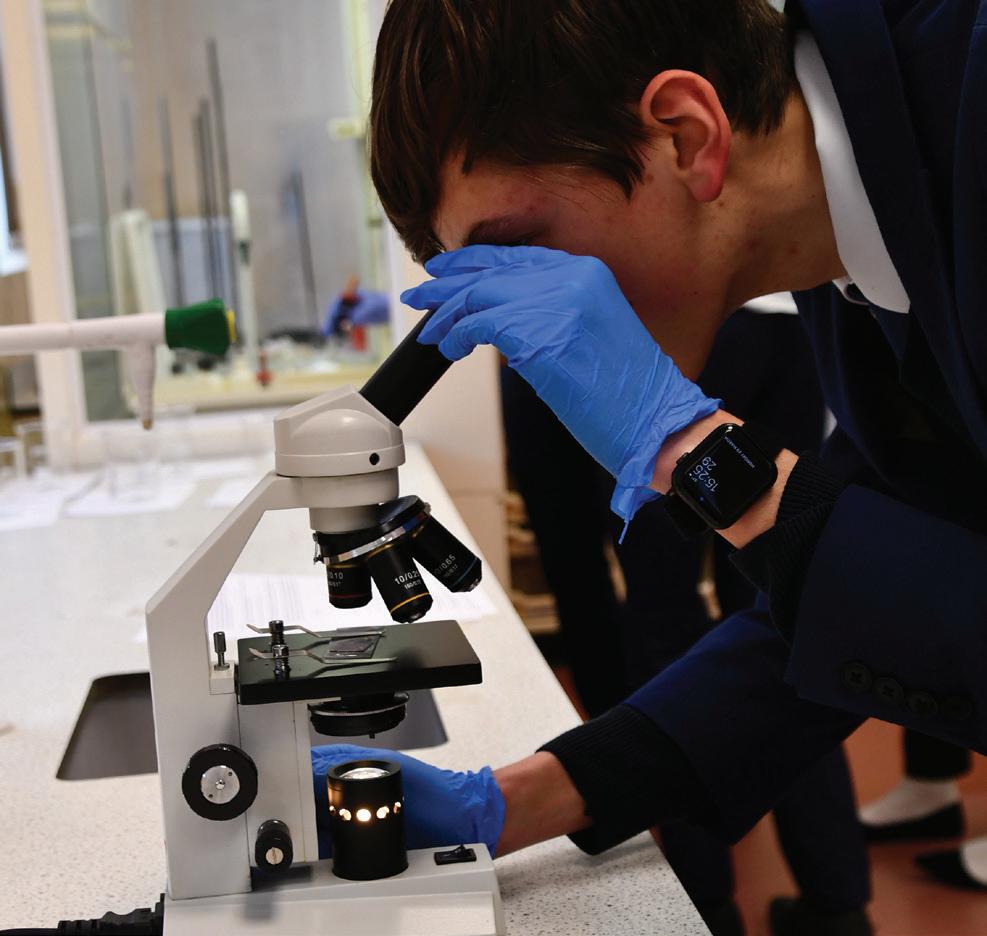
Awarding body:
OCR (Specification Code H420)
Entry requirements:
GCSE Biology grade 6 or Combined Science grade 6,6 is expected, however, a grade 7 or 7,7 is preferable. GCSE Chemistry grade 6 or above is an advantage.
Topics covered:
Foundations in Biology; Exchange and Transport; Biodiversity, Evolution and Disease; Communication, Homeostasis and Energy; Genetics, Evolution and Ecosystems.
“I love studying Biology as it’s a hands-on topic with great studentteacher relationships which makes it a highly enjoyable course. I enjoy investigating genetics and learning about alleles, which I can do at depth. I hope to use this as a sold foundation when I move on to study Biochemistry at University. ”
Max (Leaver 2023)
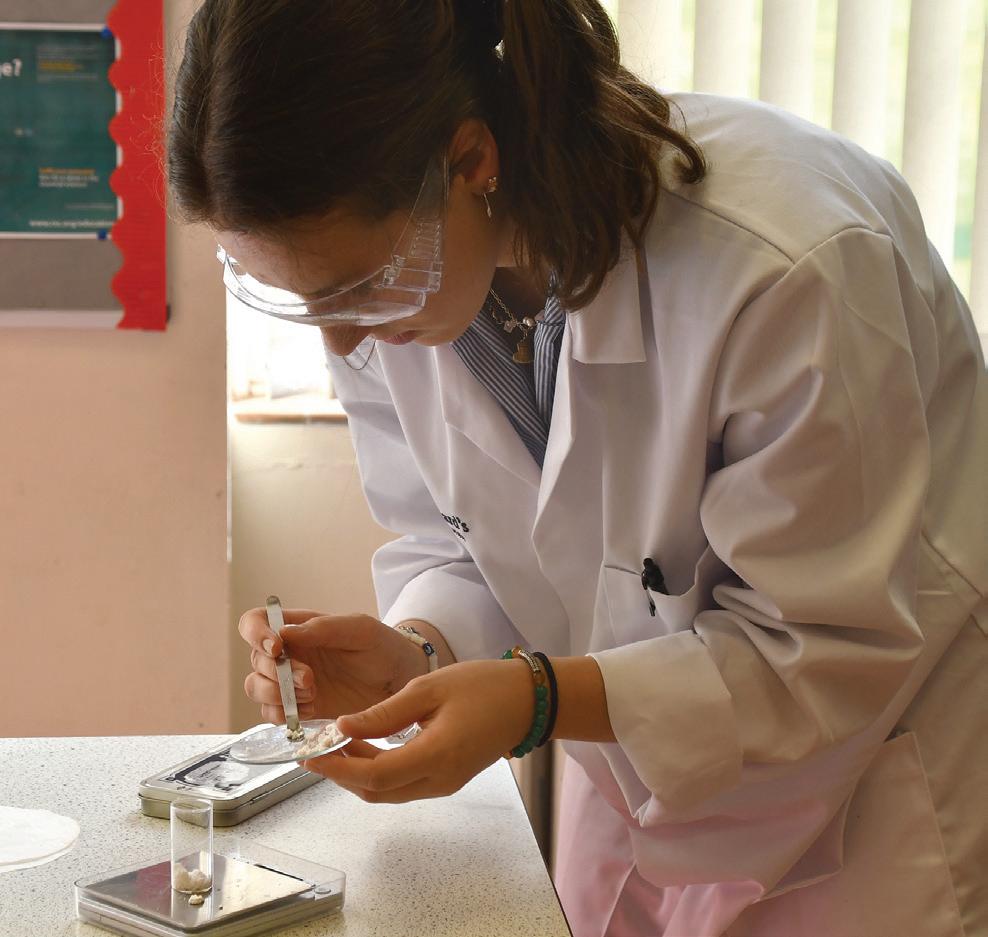
What you’ll love about this course:
A fascinating insight into the living world along with deeper explanations for ideas studied in previous years. A focus on modern interesting applications. You’ll also get the opportunity to attend a four-day residential field course at Nettlecombe Court, a Field Studies Council Centre in Taunton, Somerset.
Potential career options:
Forensic Science, Environmental Health, Conservation, Health Care, Zoology, Medicine and Veterinary Sciences.
Awarding body:
OCR (Specification Code H433)
Entry requirements:
GCSE Chemistry grade 6 or Combined Science grade 6,6 is expected, however, a grade 7 or 7,7 is preferable. GCSE Mathematics grade 6 is also expected; however, a grade 7 is preferable.
Topics covered:
Elements of Life; Developing Fuels; Elements of the Sea; The Ozone Story; What’s in a Medicine; The Chemical Industry; Polymers and Life; Oceans; Developing Metals; Colour by Design.
What you’ll love about this course:
The ability to incorporate as much practical work as possible in a dedicated A Level laboratory. An up-to-date look at recent developments in the chemical world.
Potential career options:
Engineering, Medicine, Dentistry and Veterinary Sciences.
Awarding body:
AQA (Specification Code 7408)
Entry requirements:
GCSE Physics grade 6 or Combined Science grade 6,6 is expected, however, a grade 7 or 7,7 is preferable. GCSE Mathematics grade 6 is also expected; however, a grade 7 is preferable.
Topics covered:
Development of practical skills in Physics, Particles and radiation, Waves, Mechanics and materials, Electricity, Thermal physics, Fields and their consequences and Nuclear Physics.
What you’ll love about this course:
The opportunity to relate Physics topics to a variety of everyday contexts and the chance to challenge and extend your thinking in new and exciting topics.
Potential career options:
Engineering, Medicine, Finance, Architecture, Law, Business, Journalism and Media.
Awarding body:
AQA (Specification Code 7182)
Entry requirements:
GCSE Biology, Mathematics and English grade 6 or above.
Topics covered:
Social influence; Memory; Attachment; Psychopathology; Approaches in psychology; Biopsychology; Research methods; Issues and debates in psychology; Gender; Schizophrenia; Forensic psychology.
What you’ll love about this course:
This course will give you a fascinating insight into how and why people behave in certain ways. The course is practically focussed and aims to scientifically investigate the brain and behaviour through a wide range of interesting and relevant topics. You will learn a variety of skills including analytical thinking, improved communication, debating, problem solving and many more that will prepare you for an exciting future.
Potential career options:
Advertising, Business Development, Clinical Psychology, Educational Psychology, Forensic Psychology, Human Resources, Law, Management, Marketing, Nursing, Police Services, Sports Psychology, and Teaching, amongst many others.

“I loved studying Drama at St Edward’s. The subject helped to build my self-confidence and inspired me to express myself creatively in an engaging and enjoyable way.”
Anastasia (Leaver 2021)
Awarding body:
Eduqas (Specification Code A690QS
Entry requirements:
It would be an advantage to have studied GCSE Drama, or have proven experience in Drama productions/lessons.
Topics covered:
Devising, scripted and reinterpreted text performance. Set text study from the point of view of actor, designer and director. Analysis and evaluation of live theatre.
What you’ll love about this course:
A highly practical course in state-of-the-art facilities. Lessons are predominantly practical and student-led. The department is welcoming and friendly. The course is adaptable to the interests and skills of each cohort of students. You can choose to be assessed as a performer, designer (lighting, sound, set, costume), or a combination of these.
Potential career options:
Performer, Stage Manager, Designer, Director and more! Beyond the Arts, a wealth of careers benefit from the presentational and interpersonal skills essential to A Level Drama, Law, Business Management, PR, Marketing, HR and more.
Awarding body:
Edexcel (Specification Code 9MU0)
Entry requirements:
Perform to a pass at grade 5 and have achieved or be working towards grade 5 theory. GCSE Music grade 9-6 is advised.
Topics covered:
Musical Elements and their Interdependence; Musical Contexts; Musical Language.
What you’ll love about this course:
You will get to experience a wide range of musical skills including performing, composing and analysing, as well as developing an understanding of the historical and contextual uses of music.
Potential career options:
Performing Arts, Teaching, Composing, Music Therapy, Music Journalism, Publishing, Television, Radio, Sound Engineering and Music Management.
Awarding body:
Edexcel (Specification Code 9FA0)
Entry requirements:
• A genuine passion for Art and Design in any of its disciplines (Photography, Textiles, Sculpture, Graphic Design, Painting, Drawing etc).
Topics covered:
Painting and Drawing; Printmaking; Sculpture; Lens-based Image Making.
What you’ll love about this course:
Using your creative skills through a variety of media whilst taking a look at different artists and their individual ways of working.
Potential career options:
Fine Art, Animation, Illustration, Fashion, Creative Arts, Journalism, Theatre Design, Interior Design, Teaching, Graphic Design Media, Film and Photography.
Awarding body:
Edexcel (Specification Code 9PY0)
Entry requirements:
• A genuine passion for Art and Design in any of its disciplines (Photography, Textiles, Sculpture, Graphic Design, Painting, Drawing etc).
• Art and Design GCSE
Topics covered:
Film-based Photography; Digital Photography; Film and Video.
What you’ll love about this course:
Using your creative skills through a variety of traditional film and contemporary digital media.
Potential career options:
Film and Photography, Fine Art, Animation, Illustration, Fashion, Creative Arts, Journalism, Marketing, Theatre Design and Media.
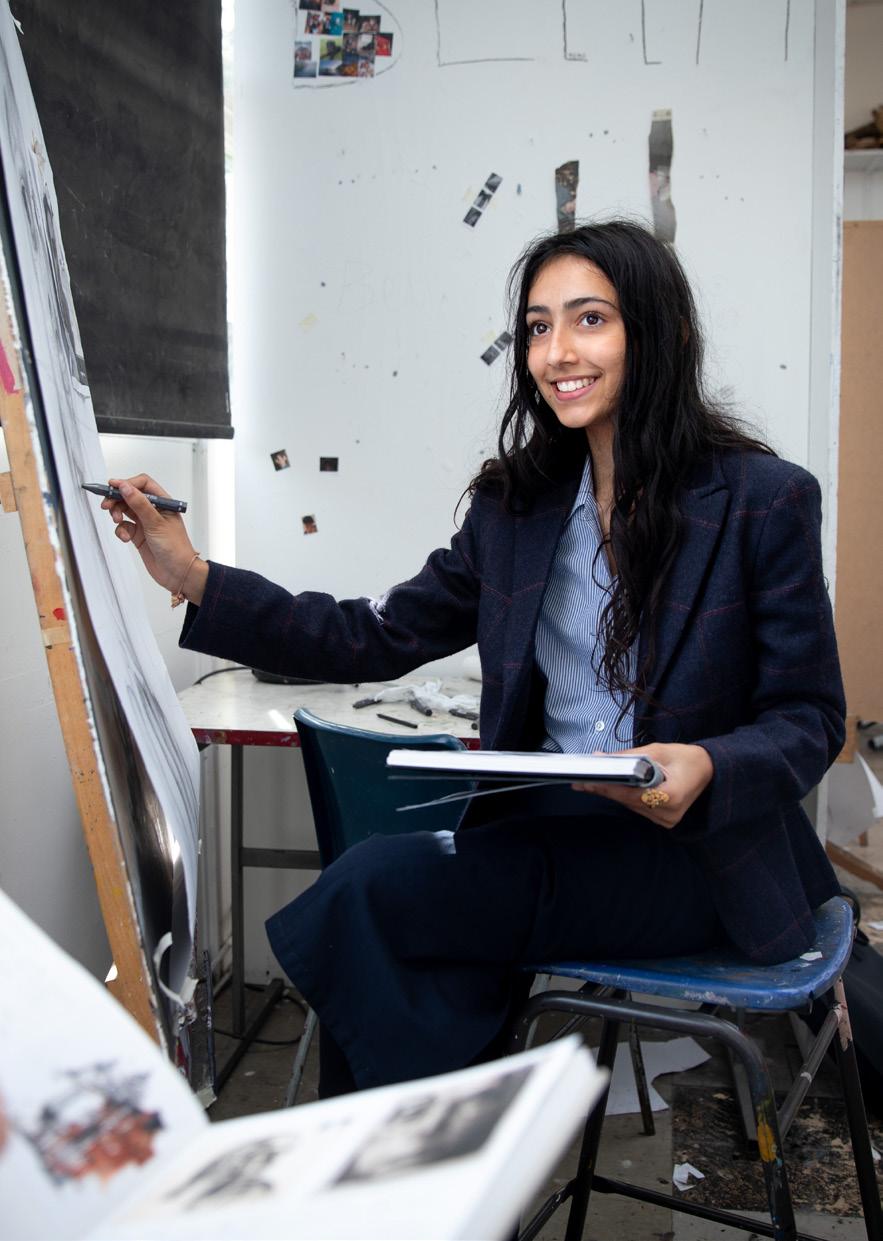
“I love studying Photography because I can look at the world through a different lens with a different perspective and capture it.”
Kiki (Leaver 2022)
Awarding body:
AQA (Specification Code 7552)
Entry requirements:
GCSE Design & Technology grade 6 or above.
Topics covered:
The use of creative skills and knowledge of materials and processes to enhance understanding of design for manufacture enterprise and marketing.
What you’ll love about this course:
The chance to develop your creativity, design capability and entrepreneurial skills. There is also a tailor-made Design Studio for Sixth Form students.
DT is an incredible subject because we have the space to explore our creativity in our own personalised areas. I chose DT because I love having the freedom to see what I can design and explore my ideas in a state-of-the-art environment.
Flo (Leaver 2022)
Potential career options: Engineering, Product Design, Graphic Design, Architecture, Surveying, Construction and Education.

Awarding body:
OCR (Specification Code H555)
Entry requirements:
Active in one key sporting area. GCSE Physical Education is an ideal foundation, although not a pre-requisite.
Topics covered: Anatomy & Physiology; Exercise Physiology; Biomechanics; Skill Acquisition; Sports Psychology; Sport and Society; Sporting Performance; Evaluation and Analysis of Performance.
What you’ll love about this course:
You will get to look in detail at physiological aspects of the body, learn about a variety of biomechanical principles, consider how psychology can impact on sporting performance, and also study in detail contemporary issues in sport.
Potential career options: Teaching and Coaching, Sports Development, Leisure Industry, Management, Health, Physiotherapy, Fitness and Professional Sports.
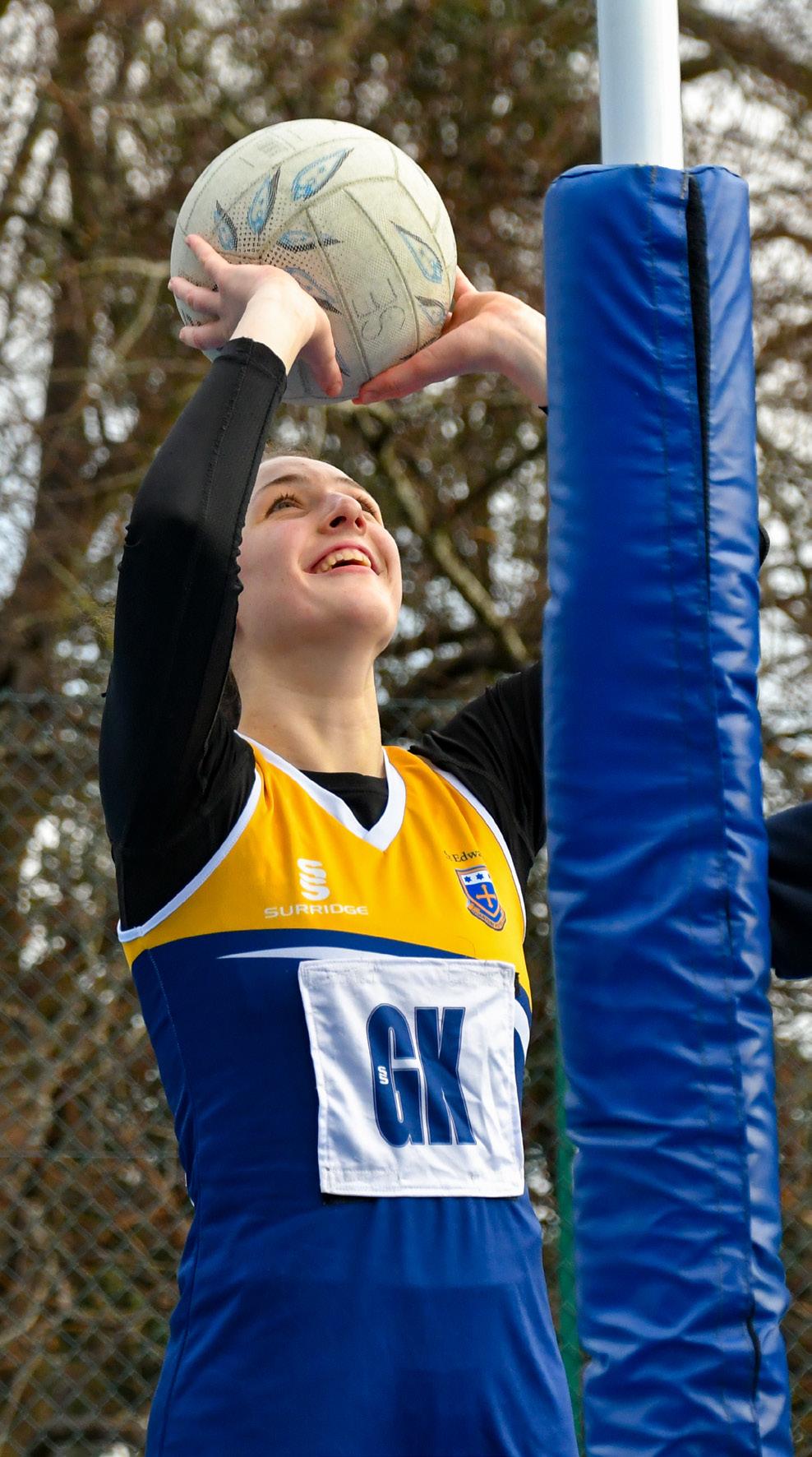

“I
love that sport is a universal language for all. I believe that everyone should be involved in some form.”

“We welcome the introduction of the EPQ and would encourage you to undertake one as it will help you develop independent study and research skills and ease the transition from school/college to higher education.”
- University of Cambridge
The Extended Project Qualification (EPQ) is a standalone qualification designed to extend and develop your skills in independent research and project management.
It requires you to:
• Choose an area of interest.
• Decide on a title and aims for the project plan, research and carry out the project.
• Deliver a presentation about your work.
• Provide evidence of all stages of project development and production for assessment.
• Produce either a 5000 word research project or an artefact.
The EPQ is worth half an A Level and so can be used to earn extra UCAS points. It allows you to improve your abilities beyond the A Level syllabus and prepares you for university or your future career.
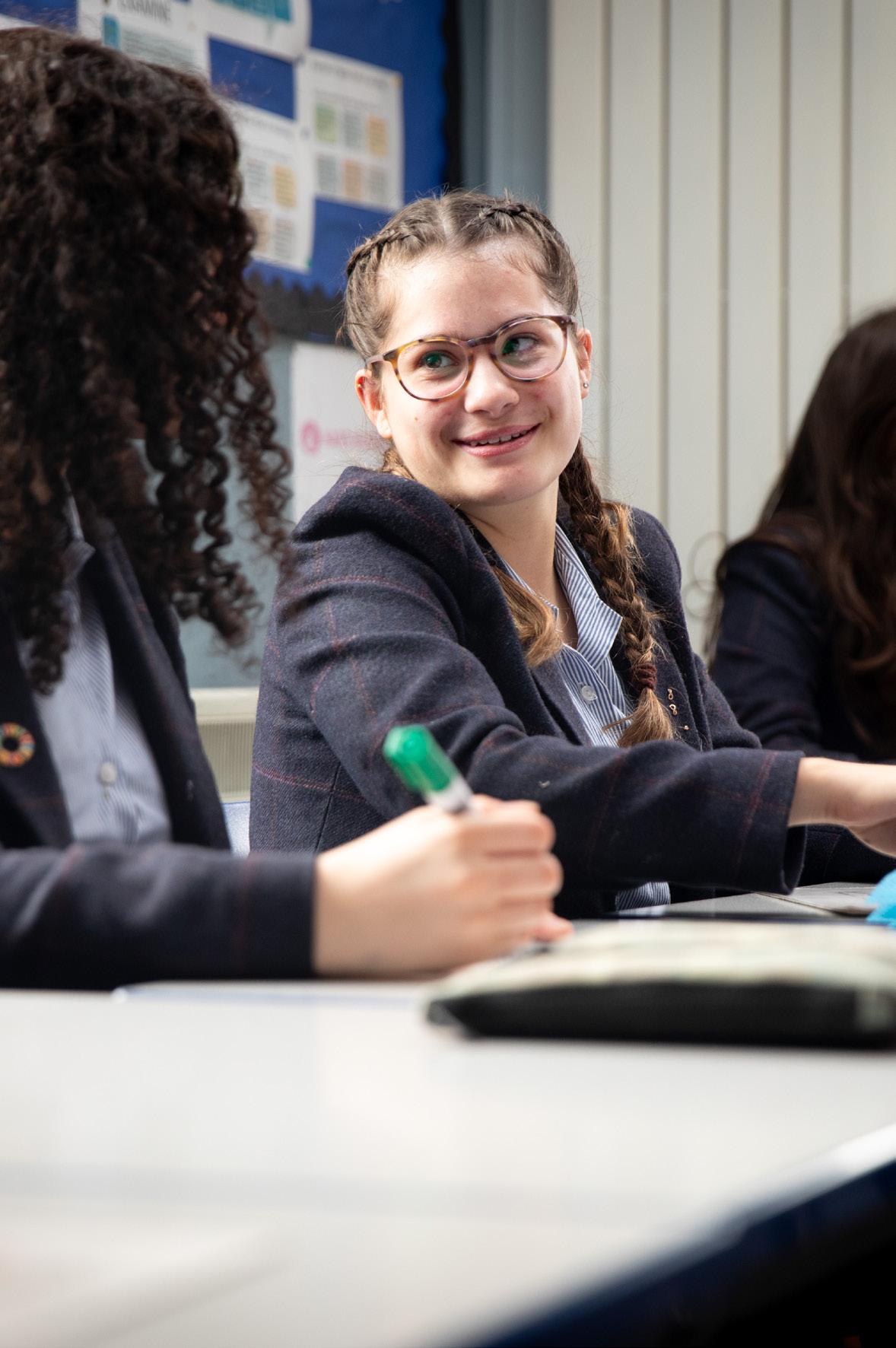
“Pupils are extremely well educated, demonstrating levels of achievement and learning which successfully fulfil the school’s aims to develop a passion for learning which will last a lifetime.”
Independent Schools Inspectorate (ISI)
St Edward’s School
Cirencester Road, Cheltenham, Gloucestershire GL53 8EY
01242 388555 | admissions@stedwards.co.uk www.stedwards.co.uk